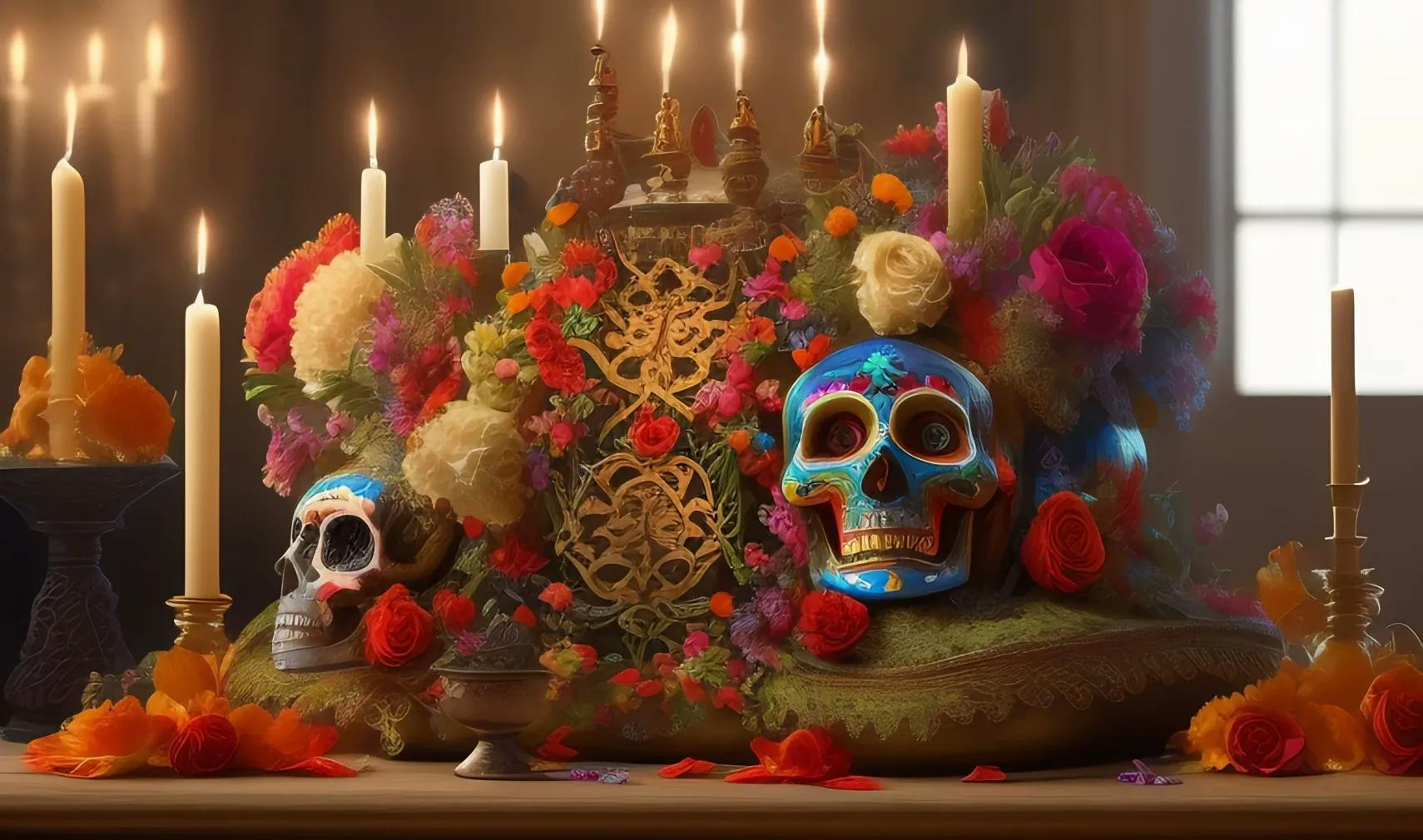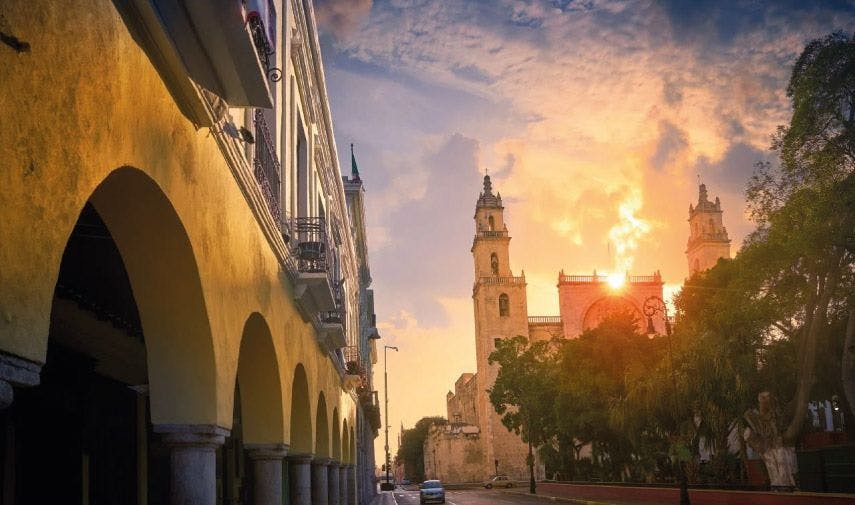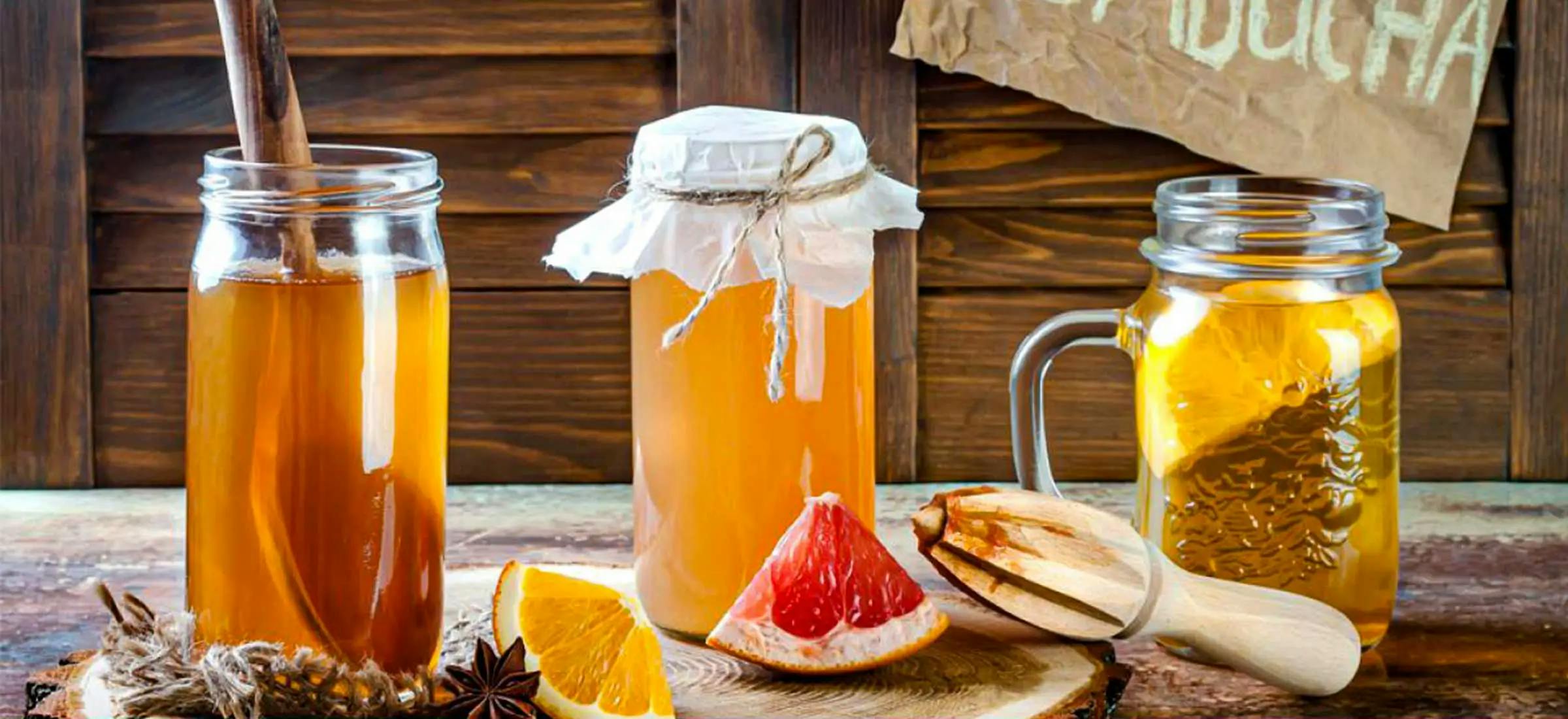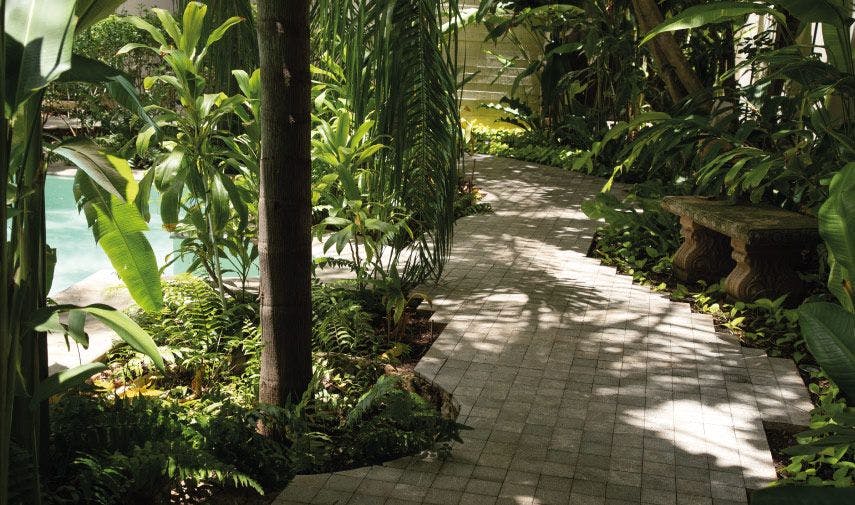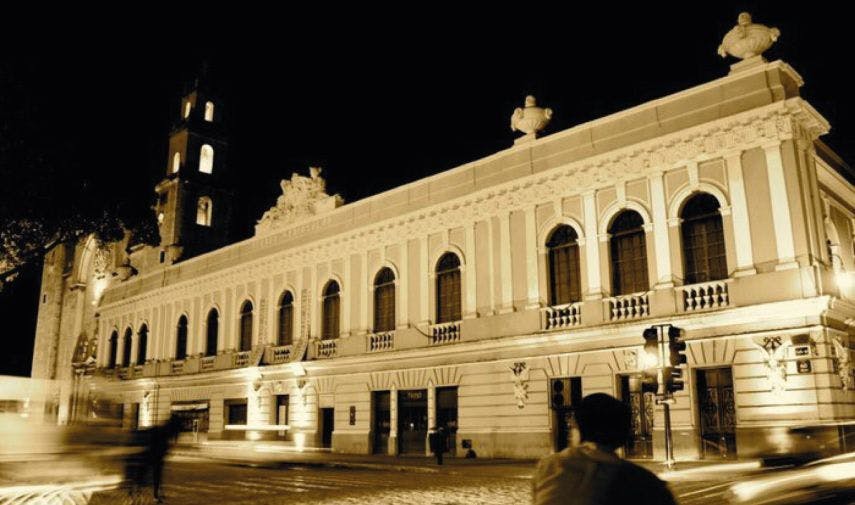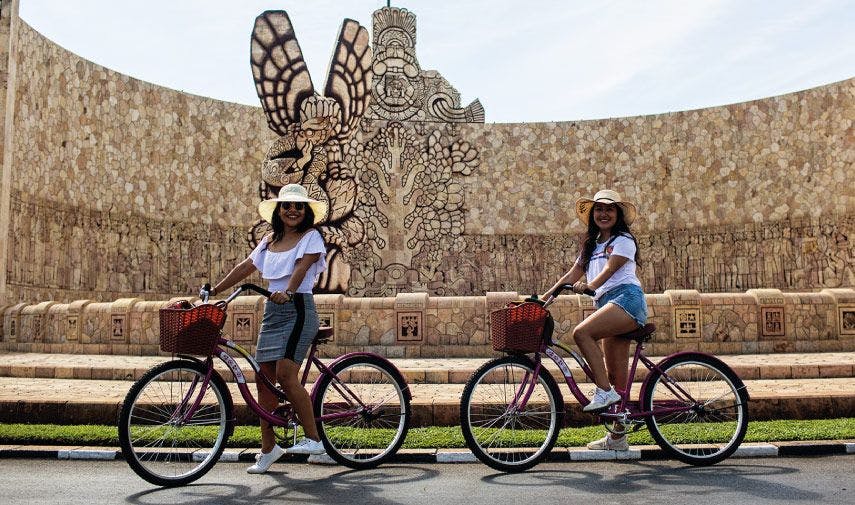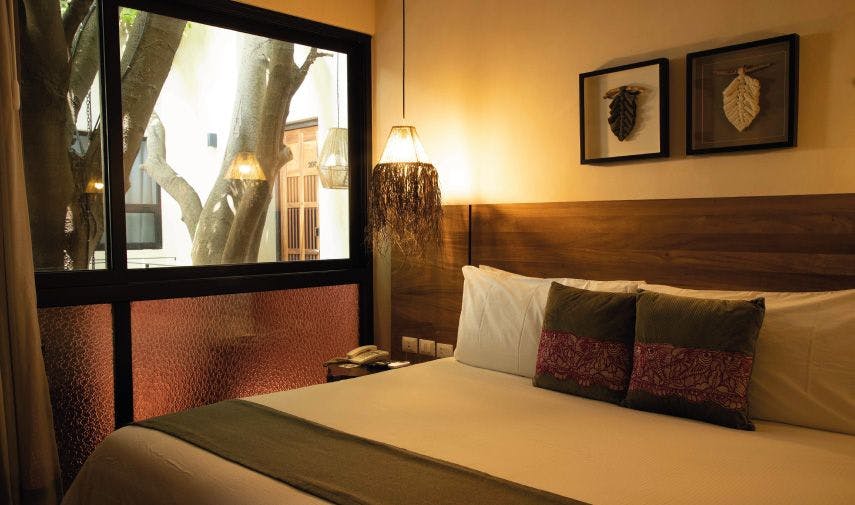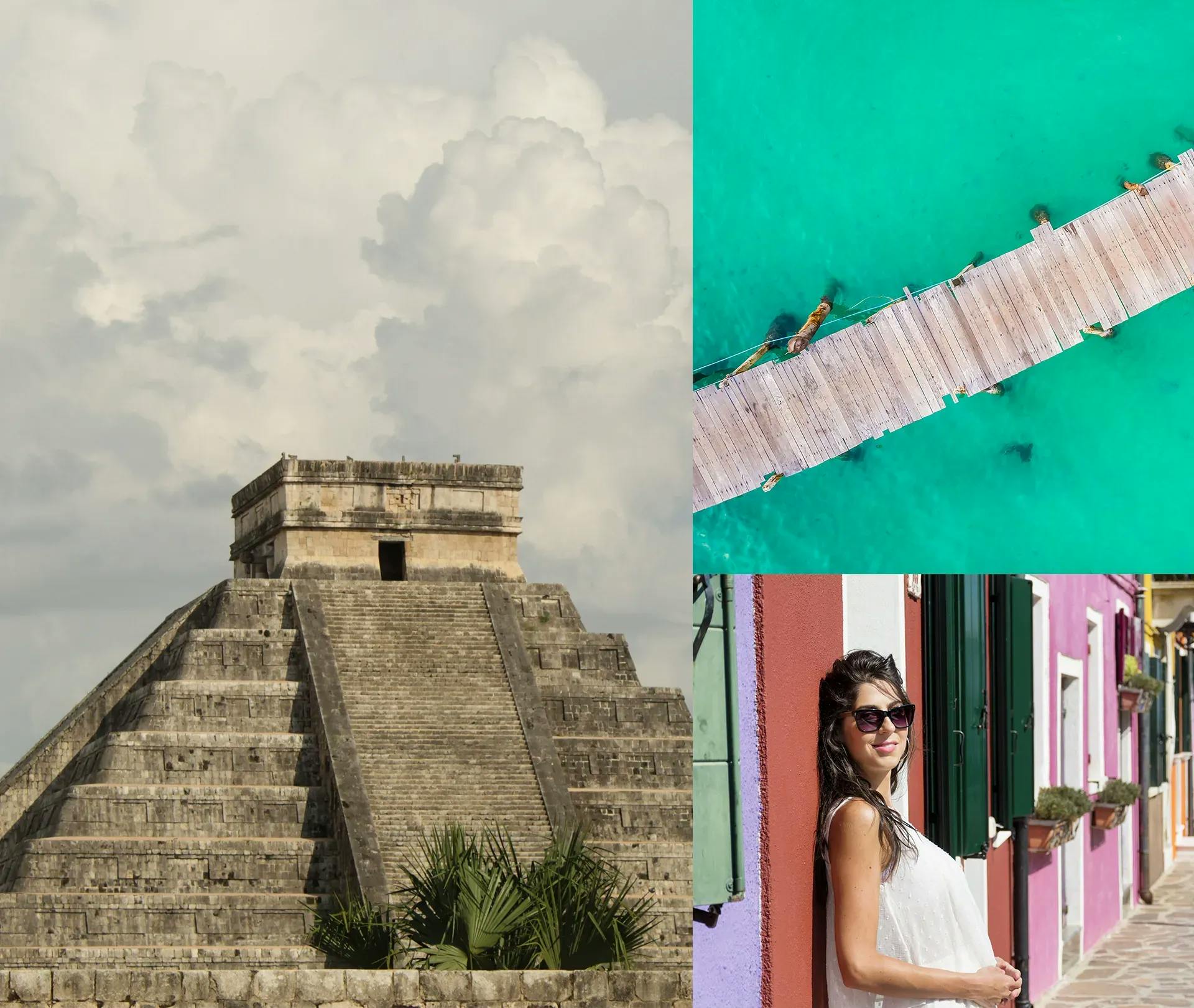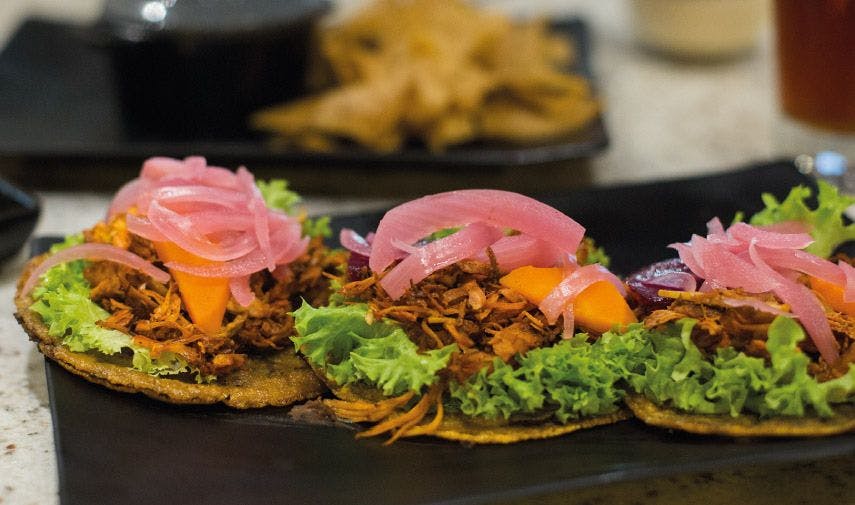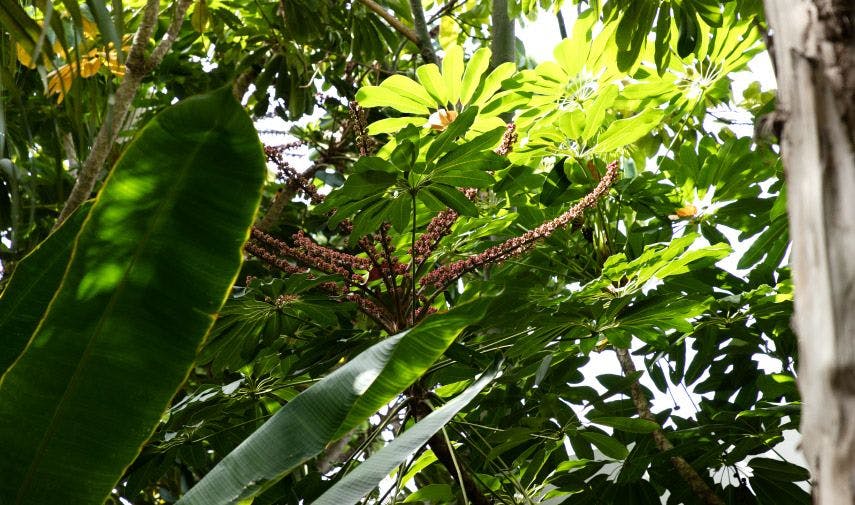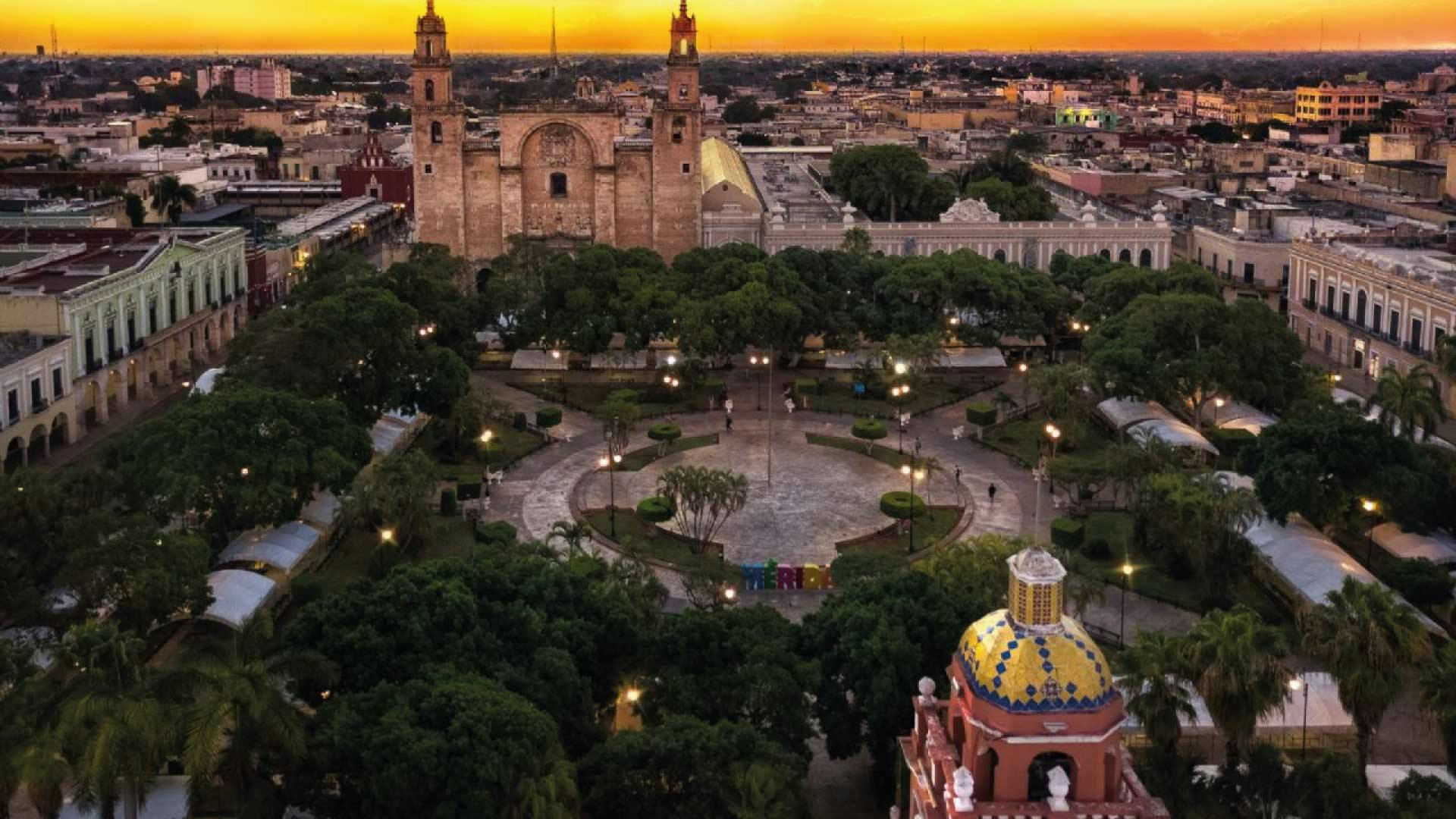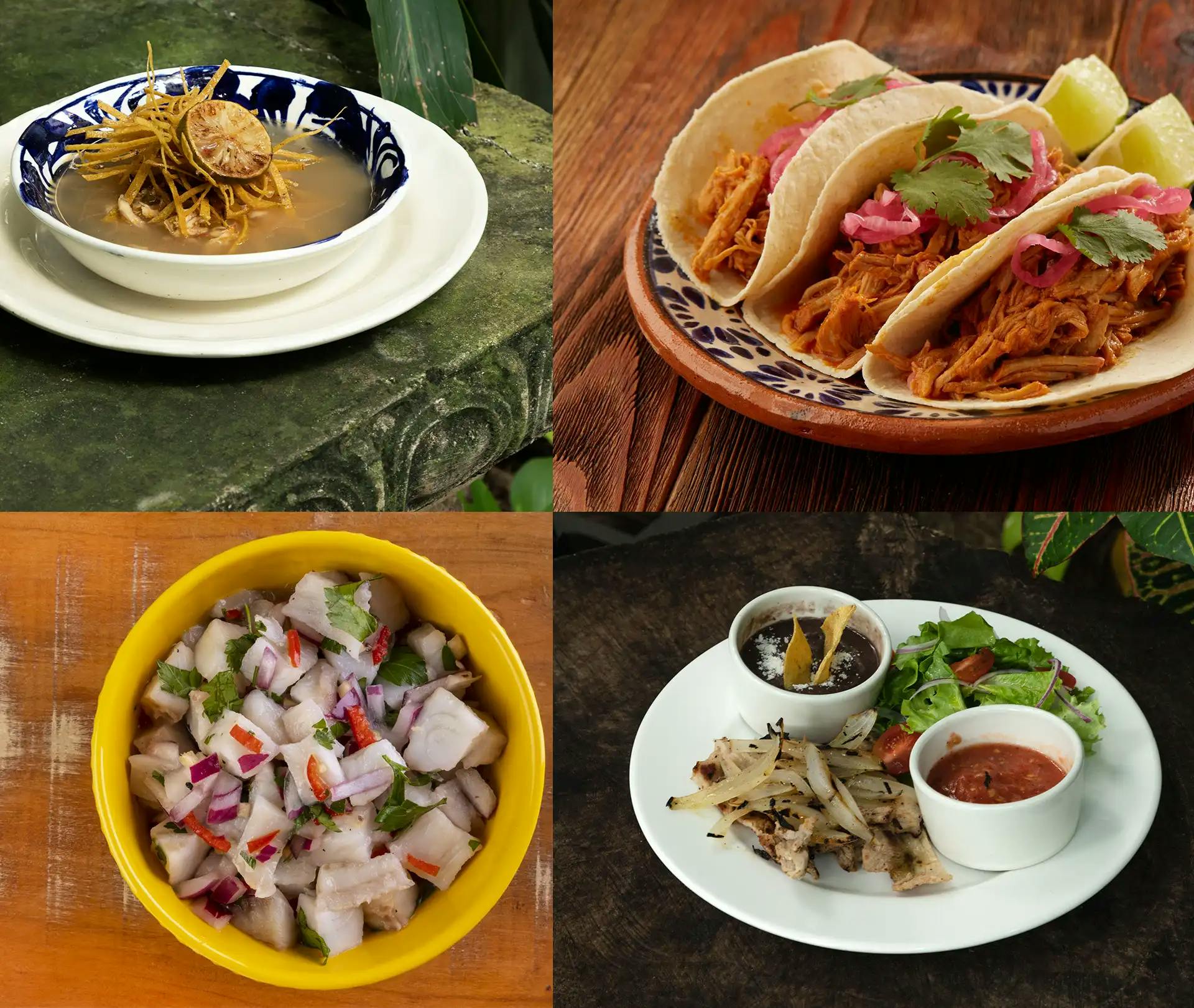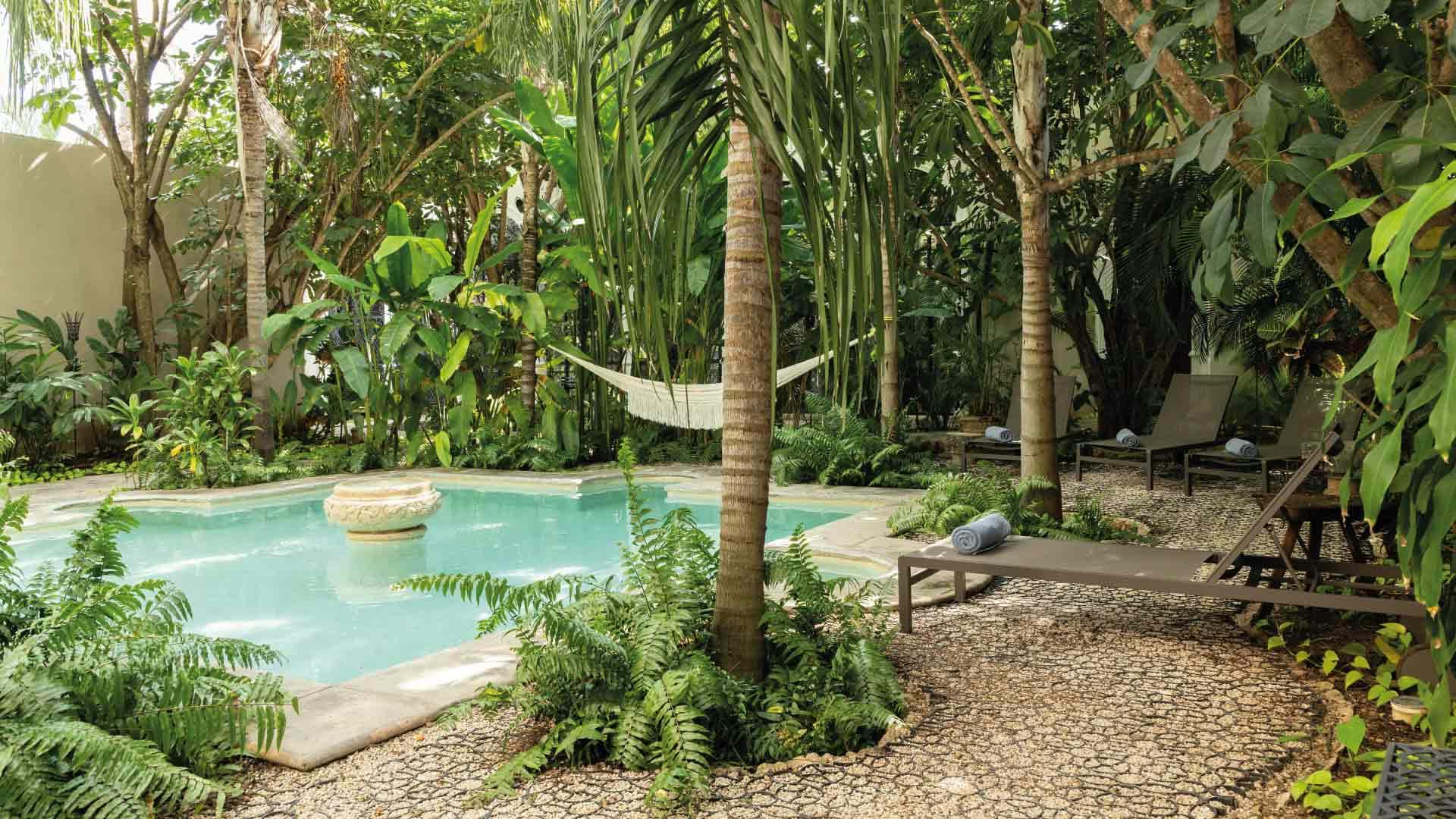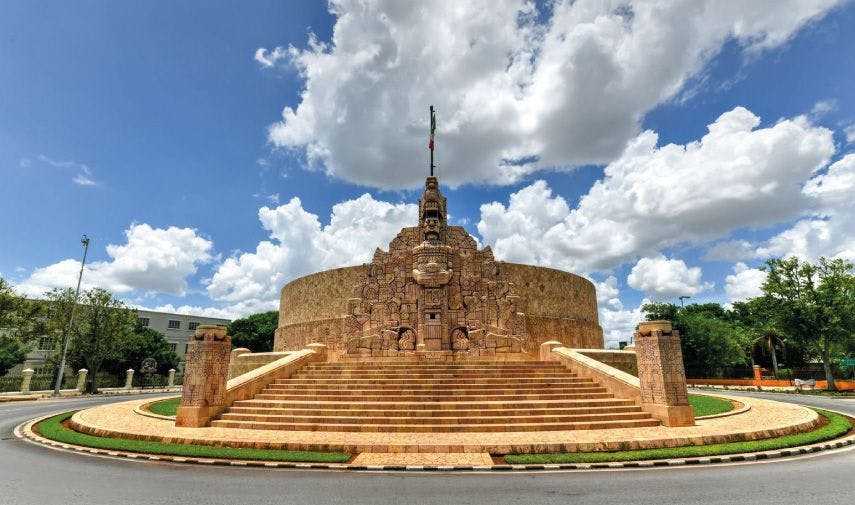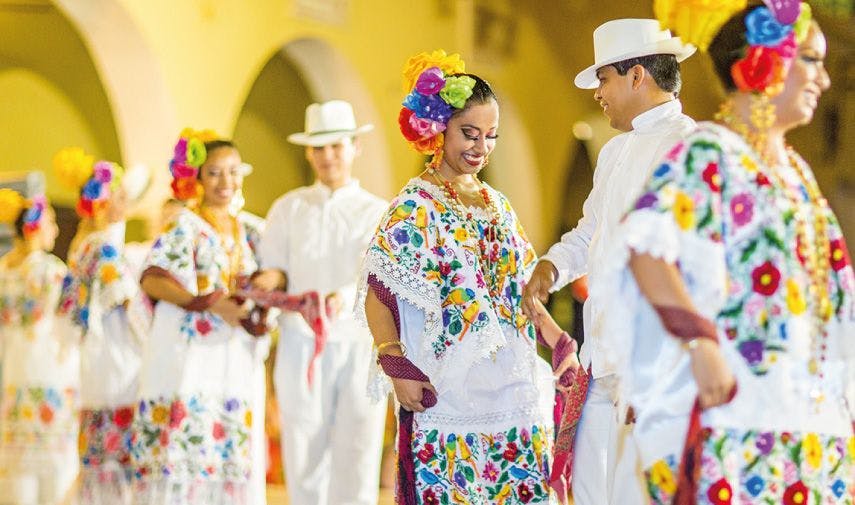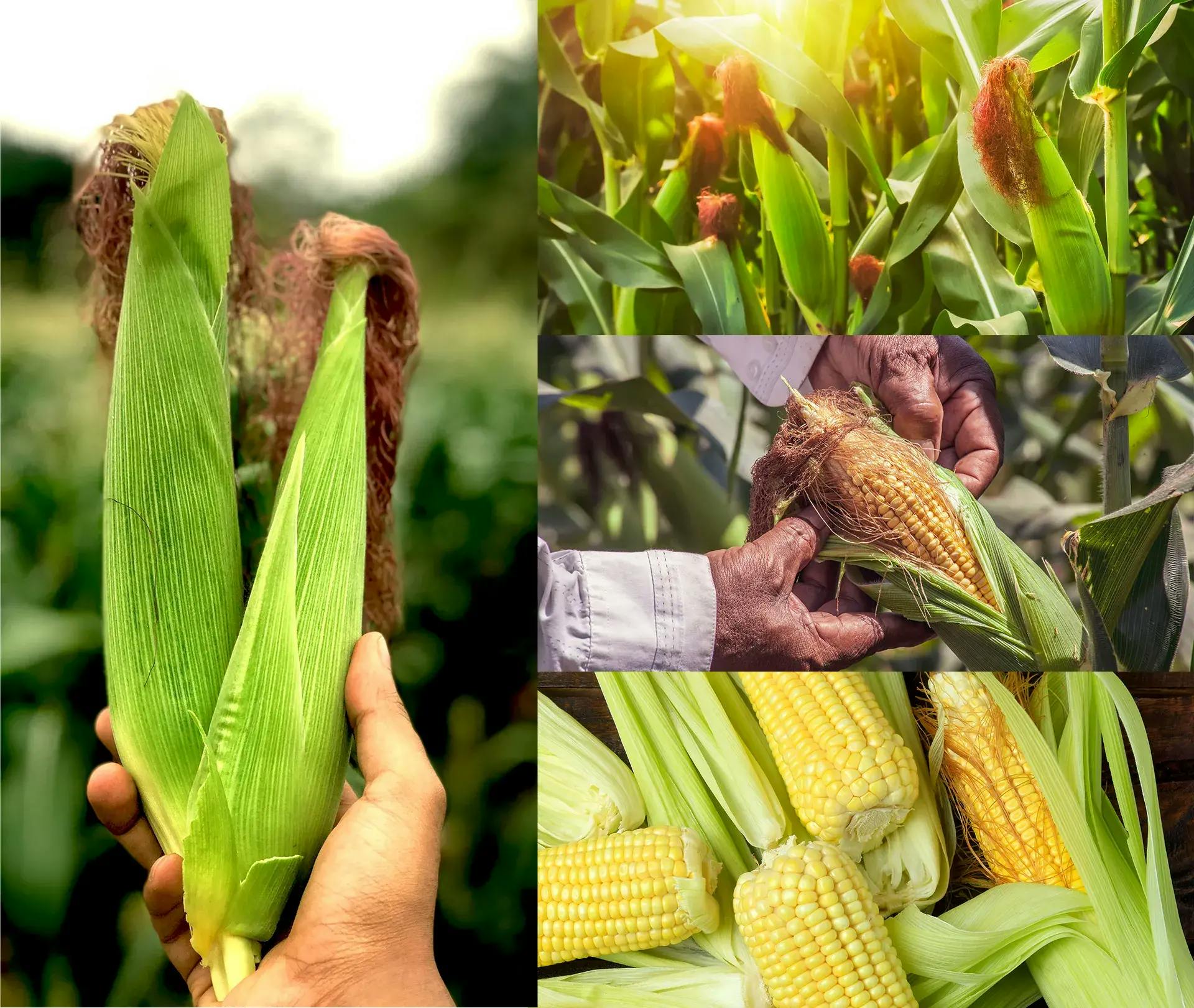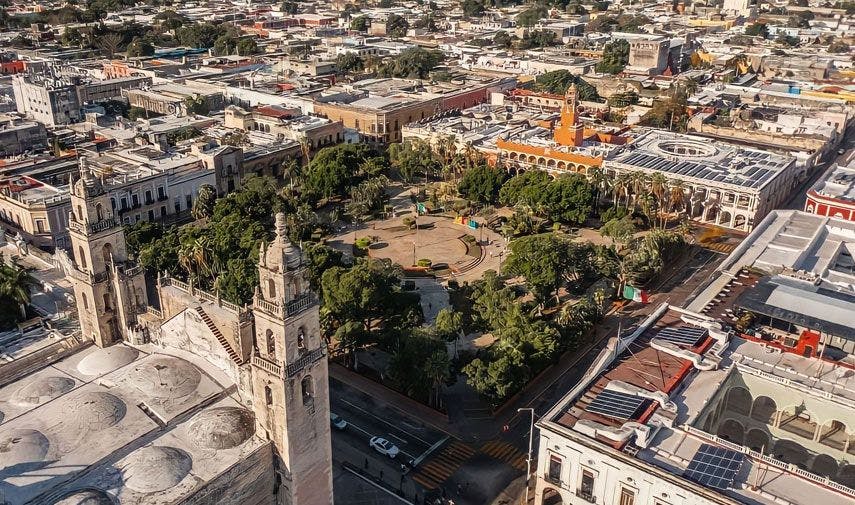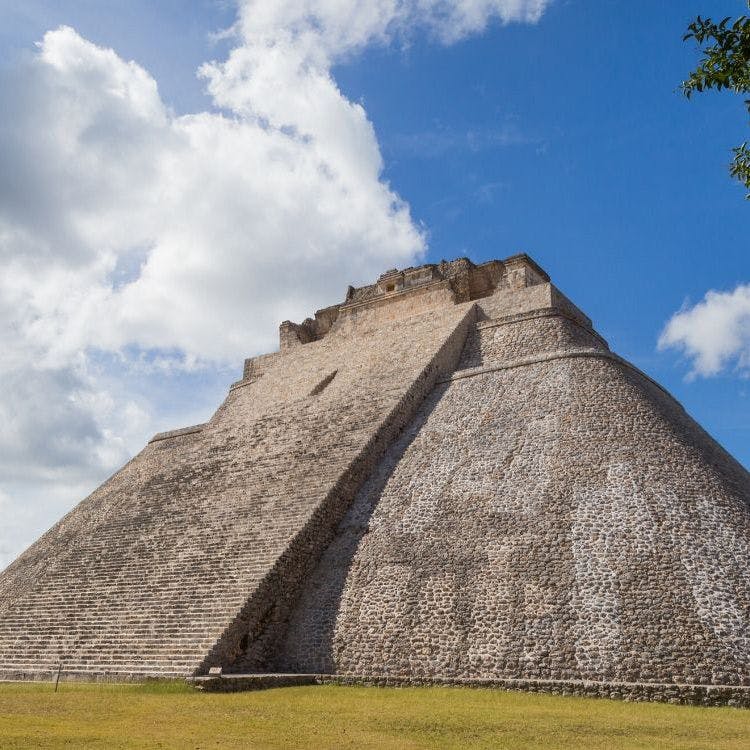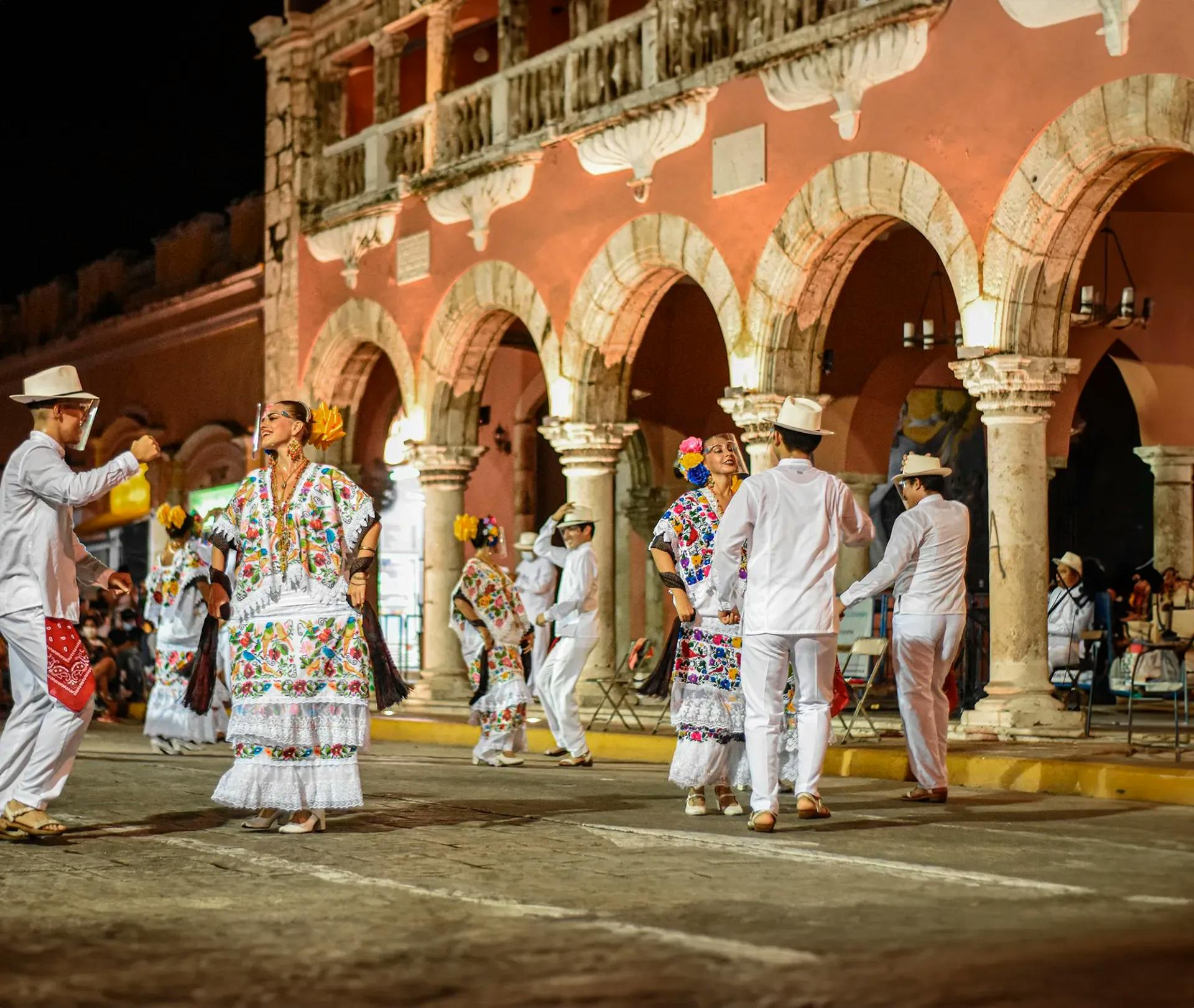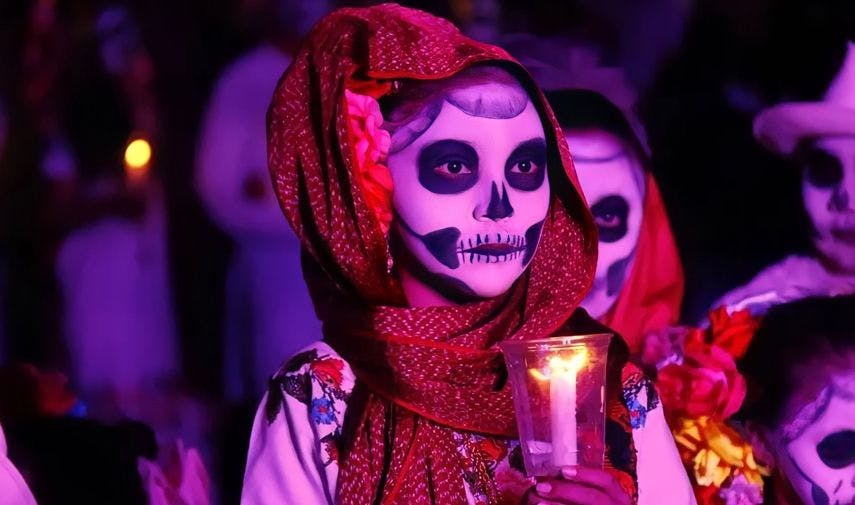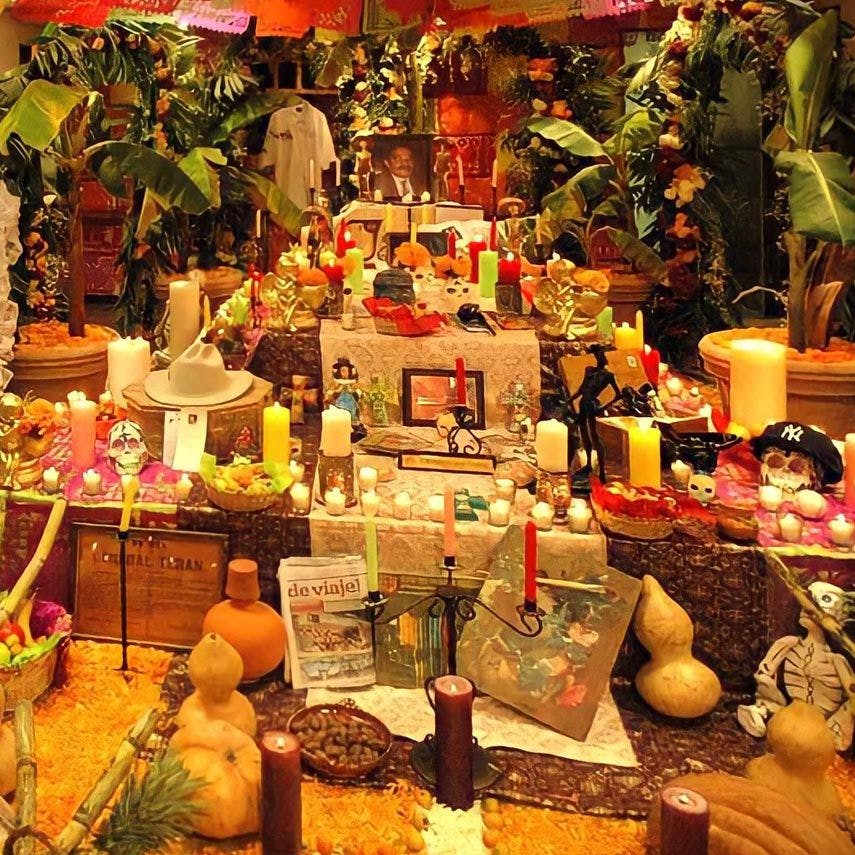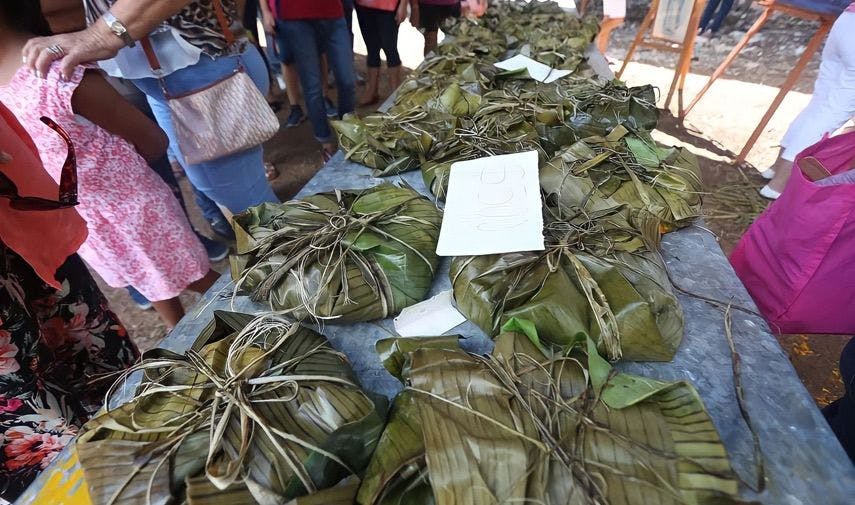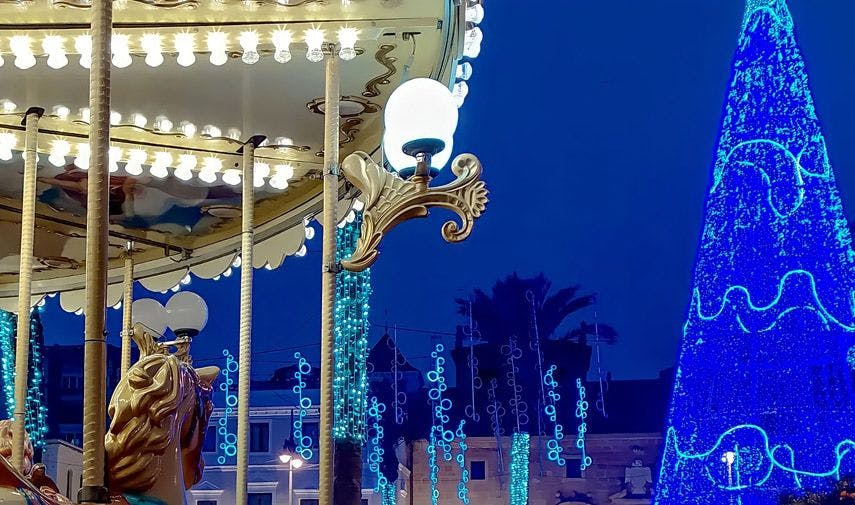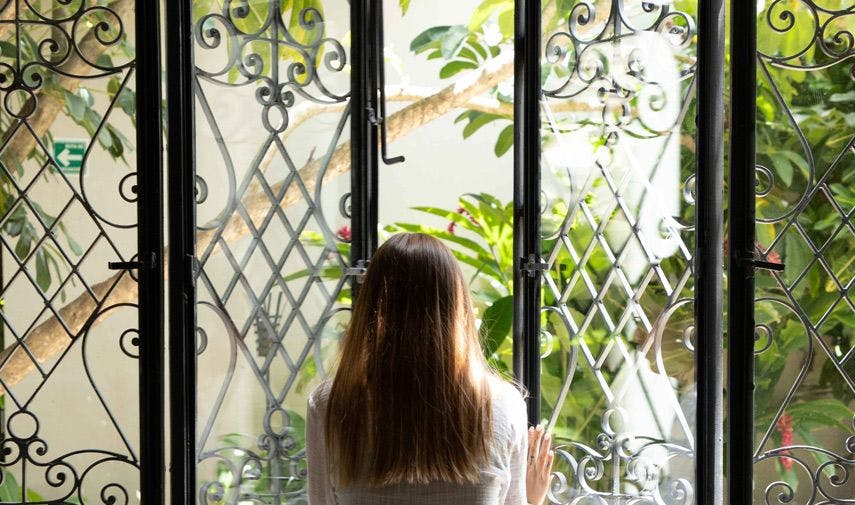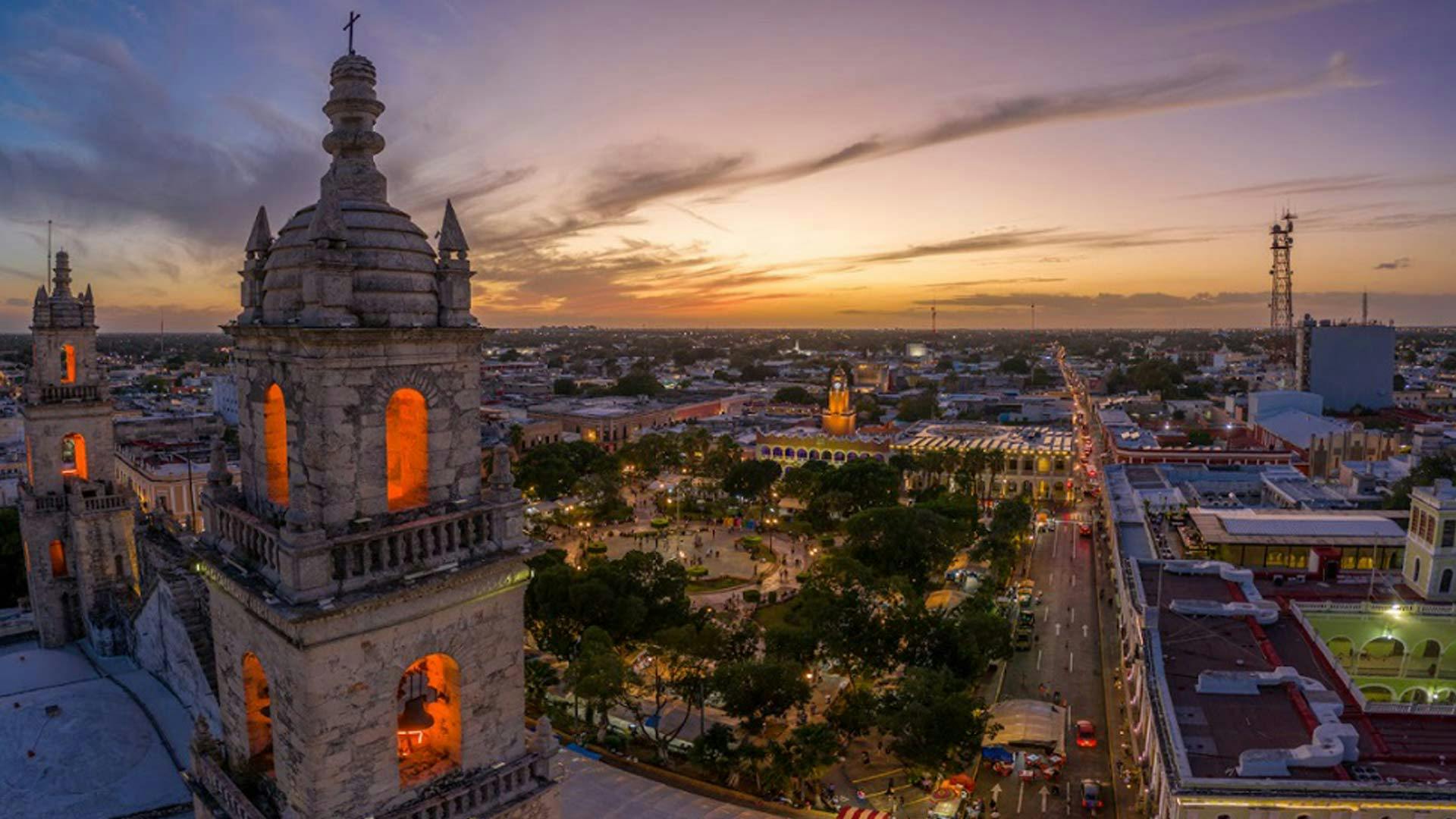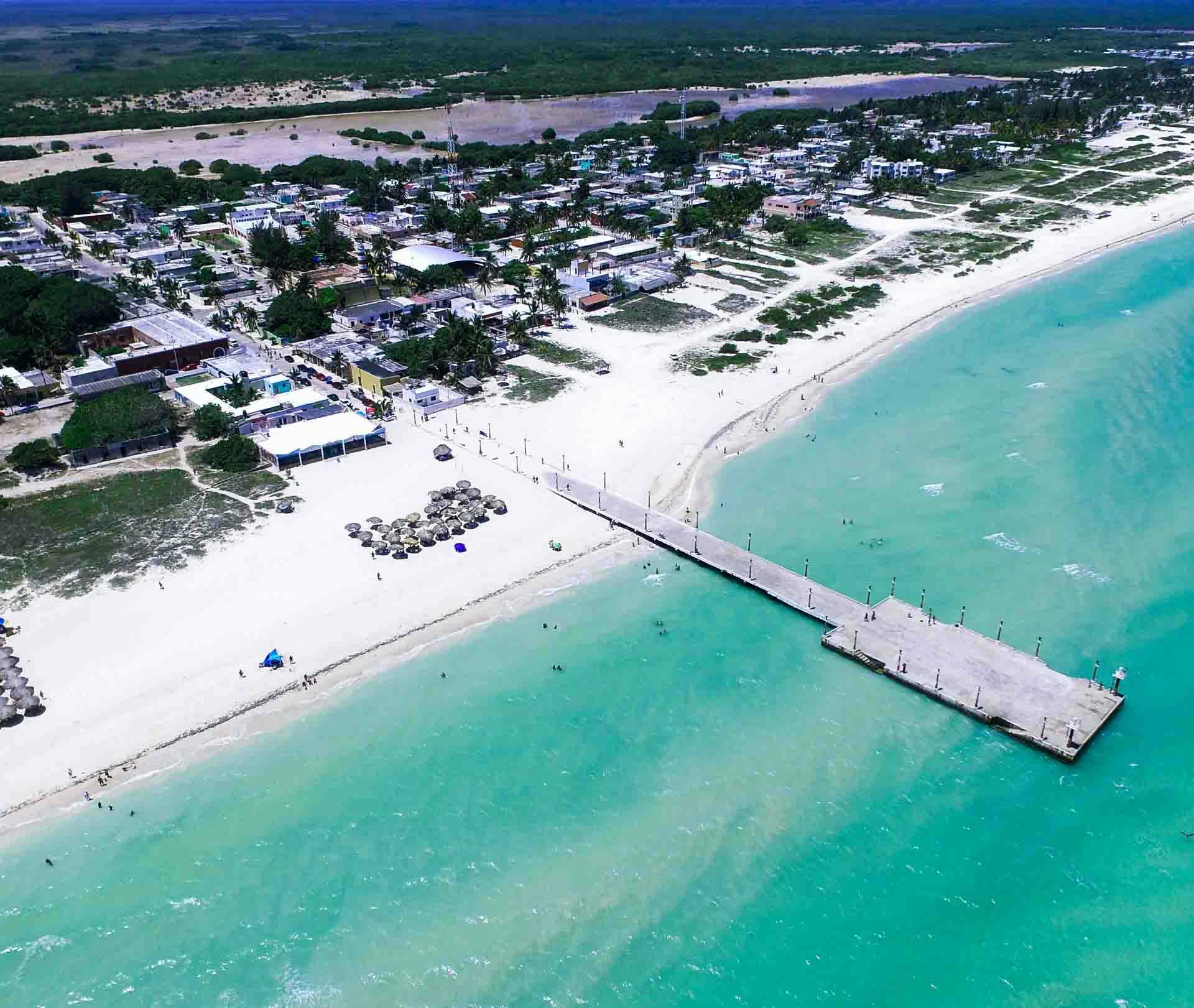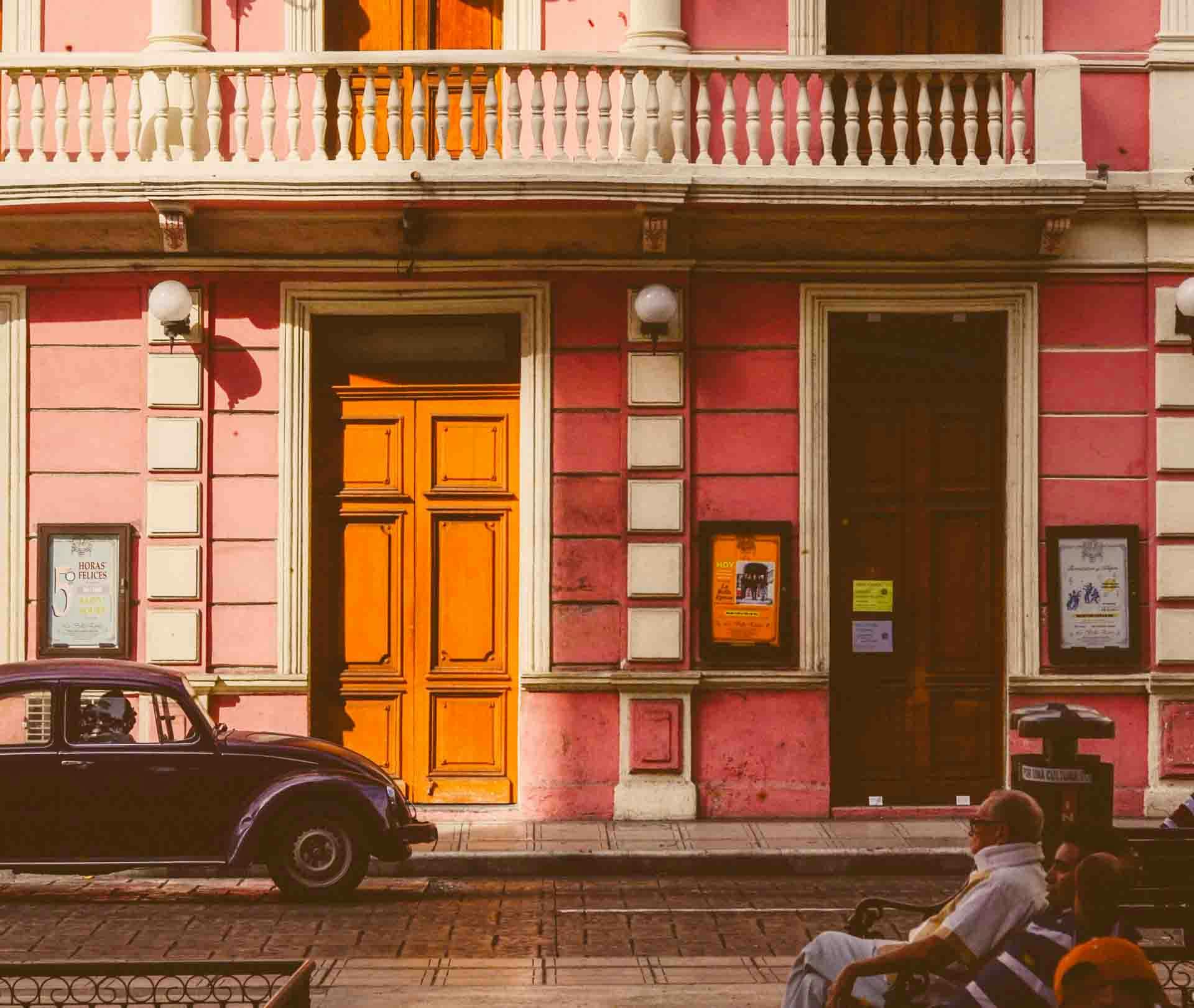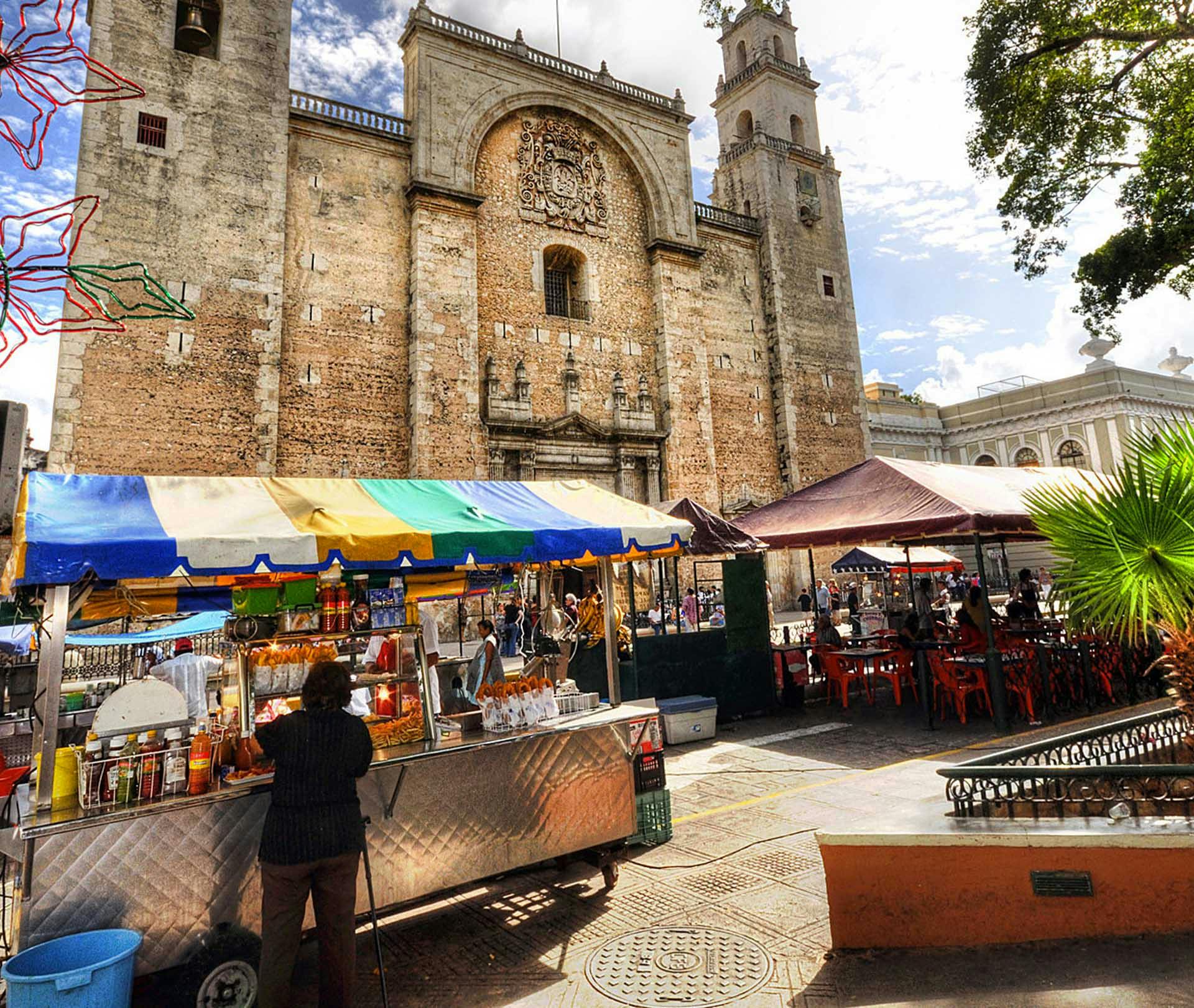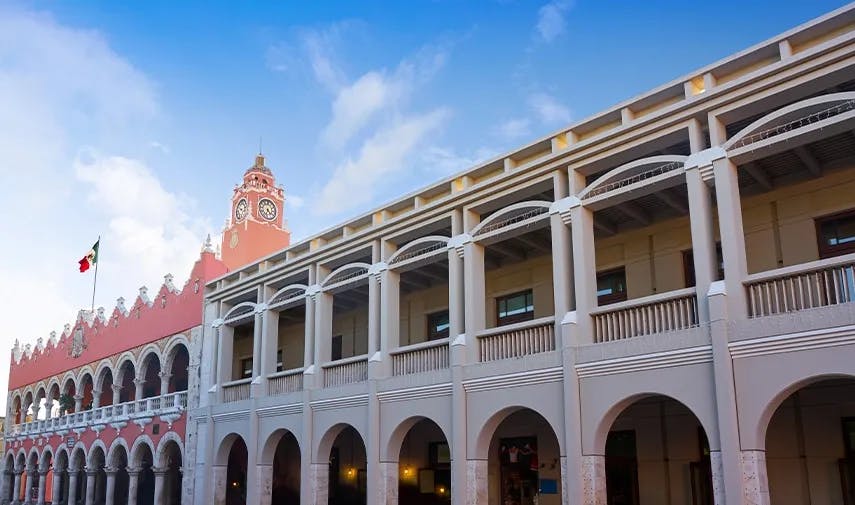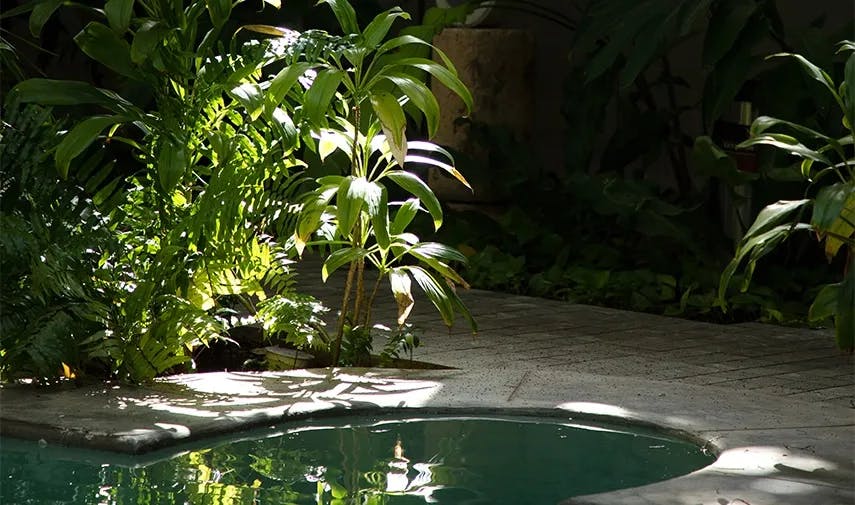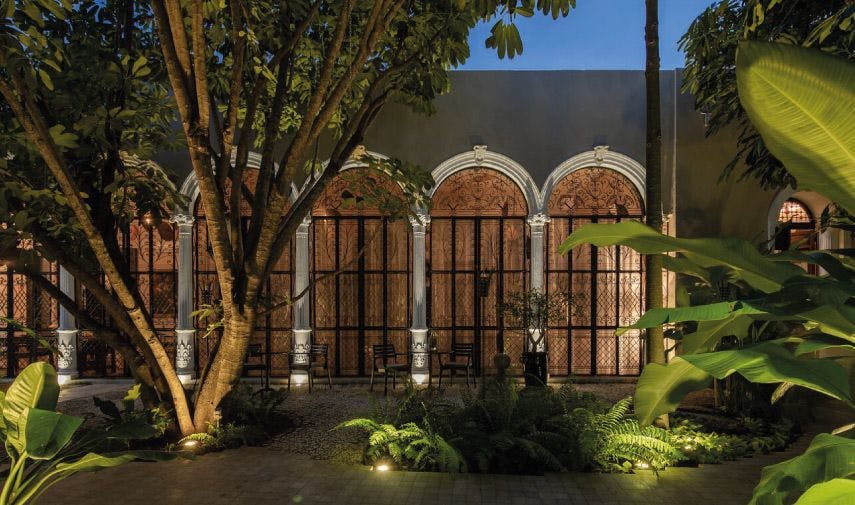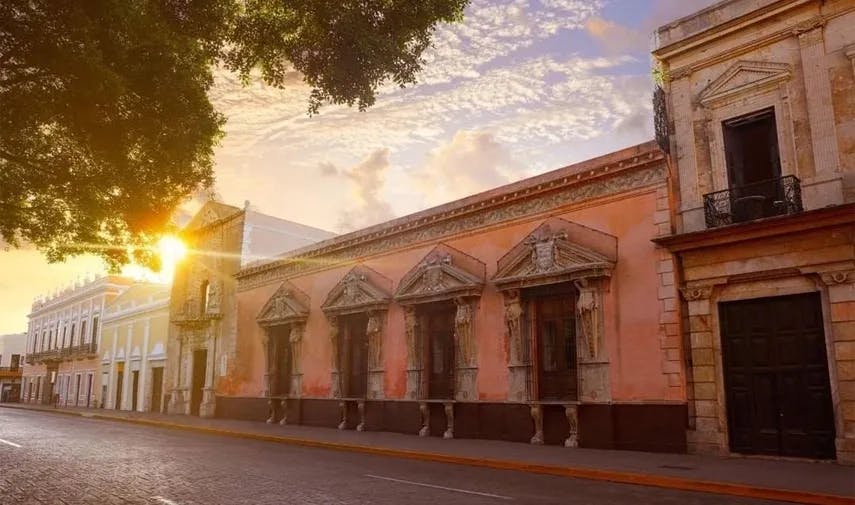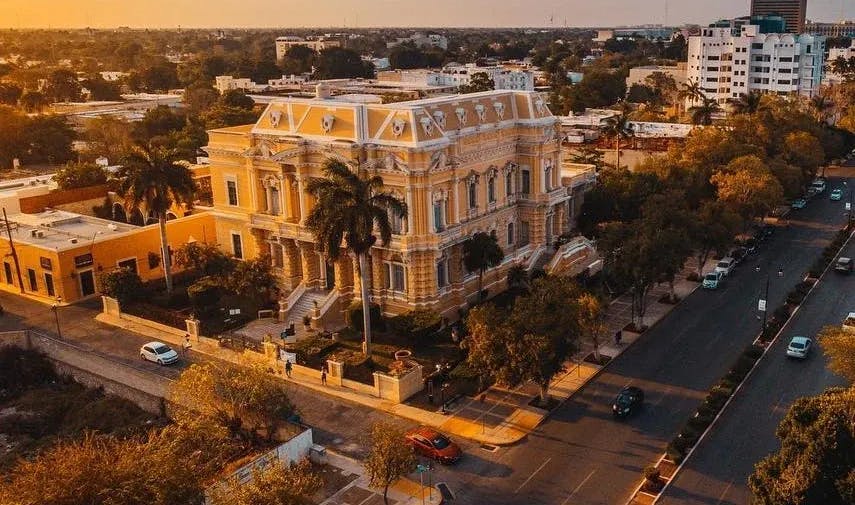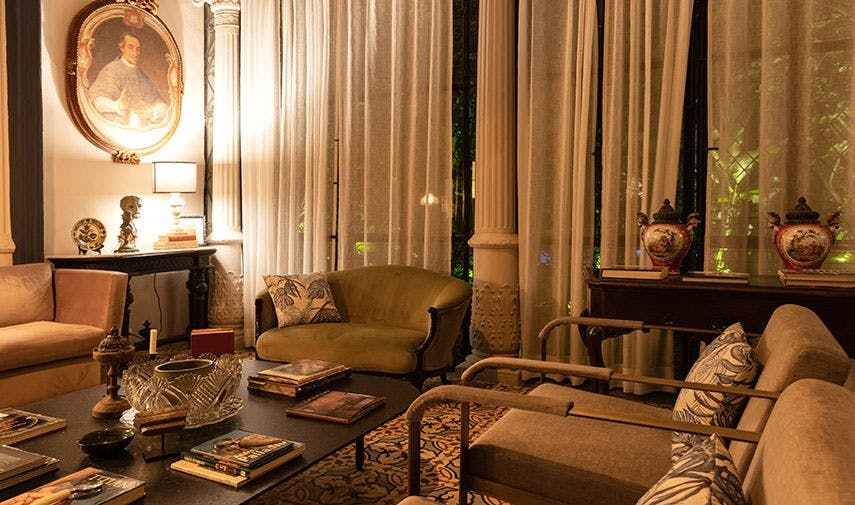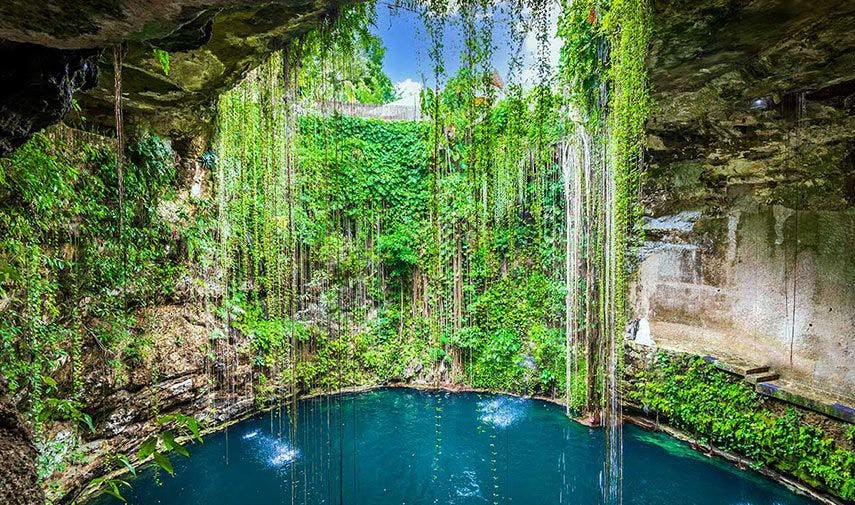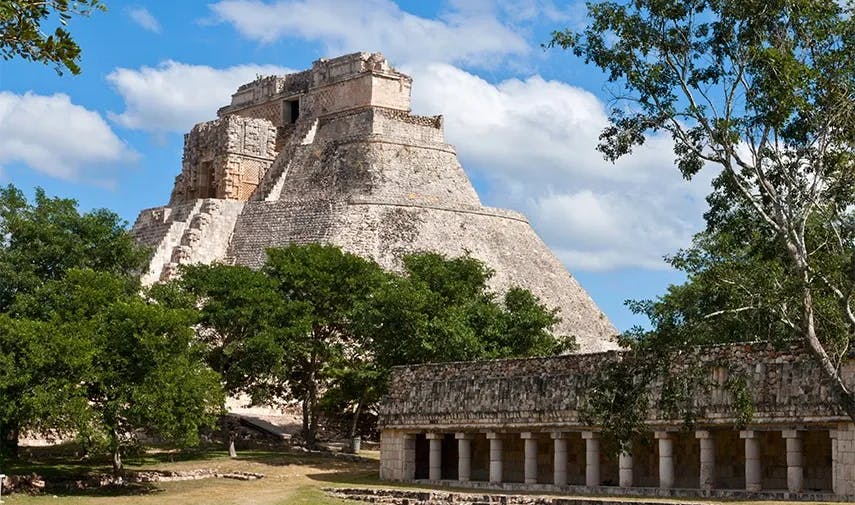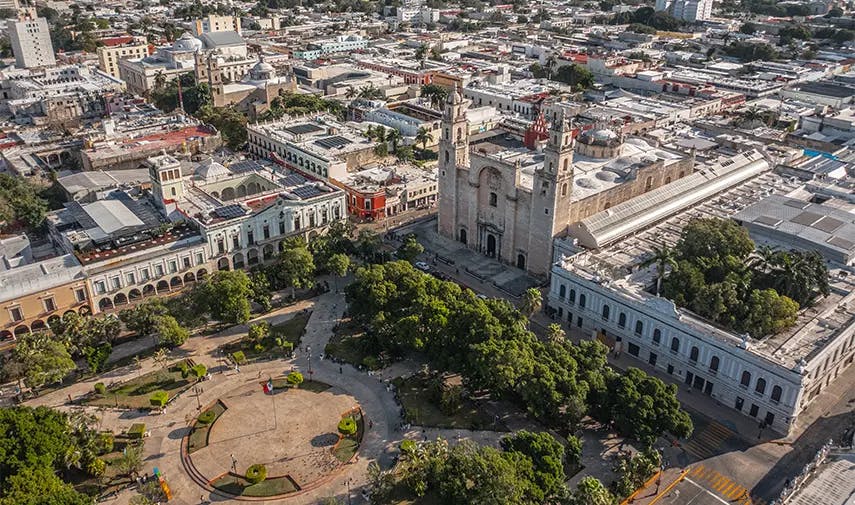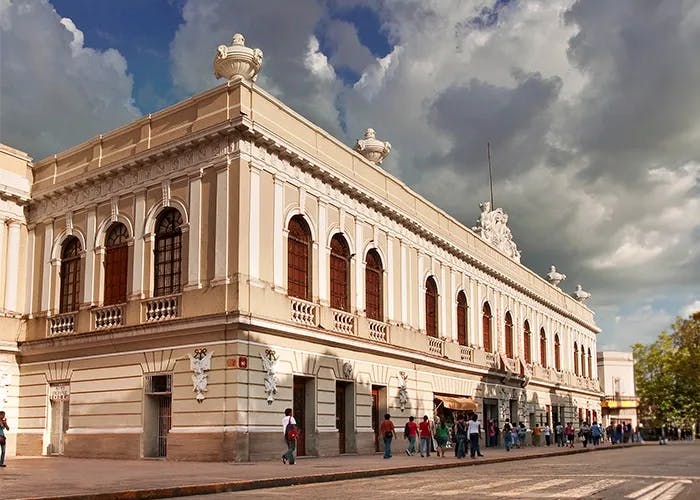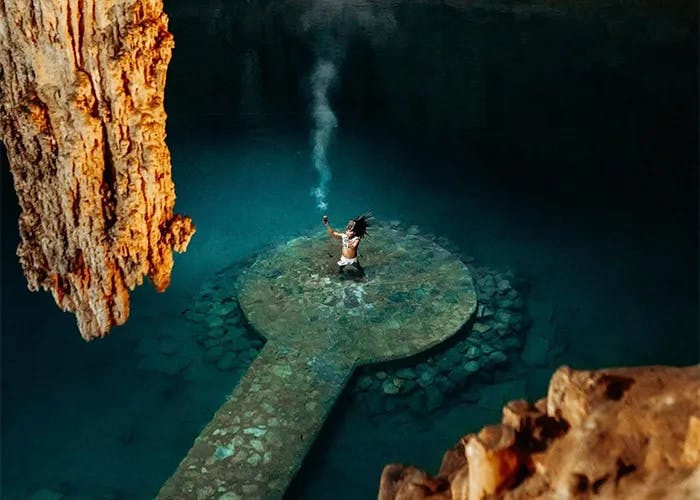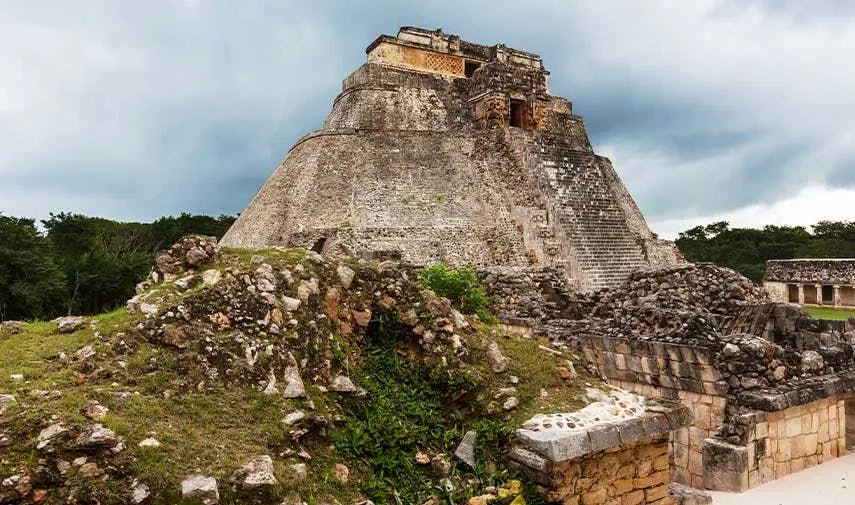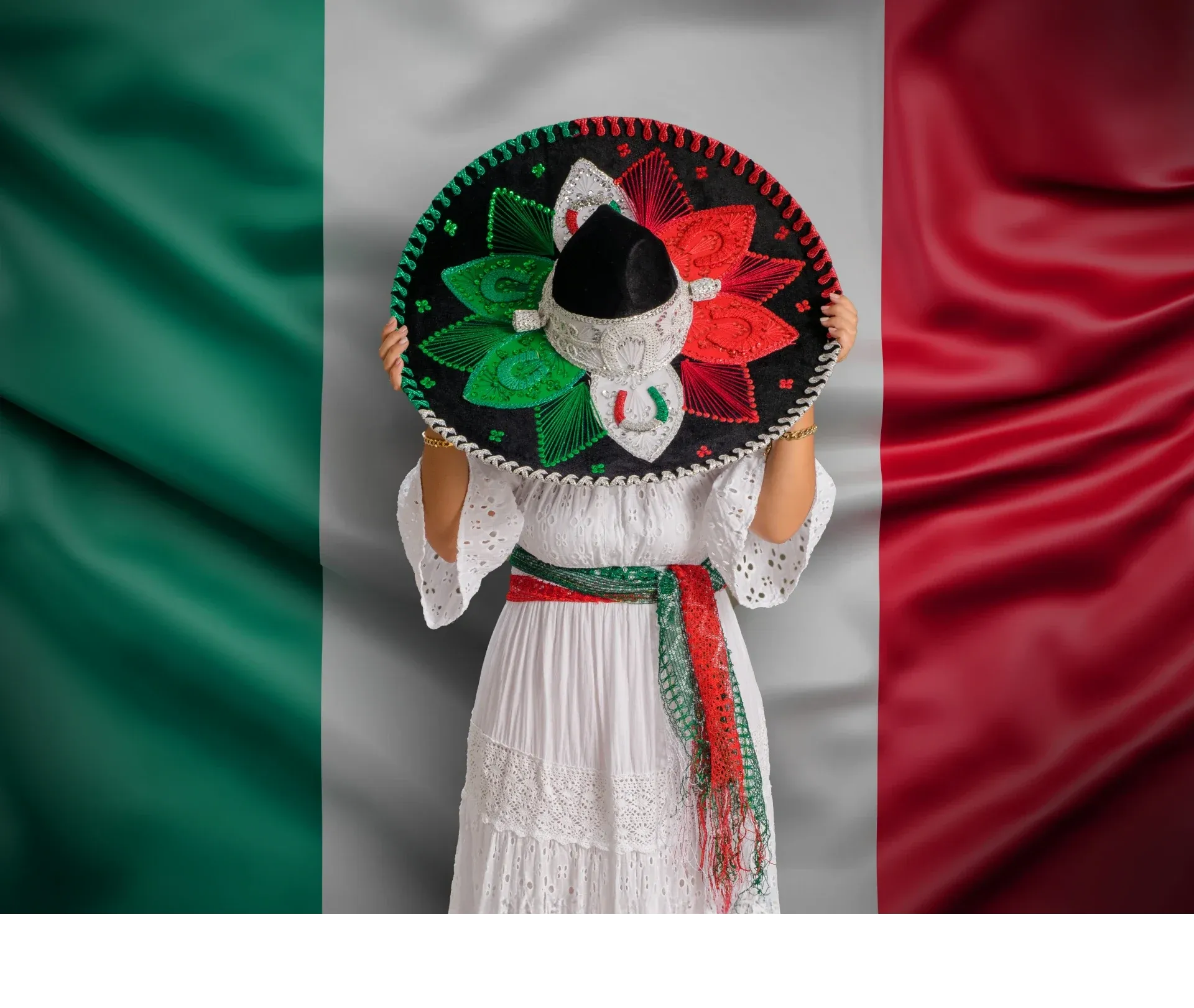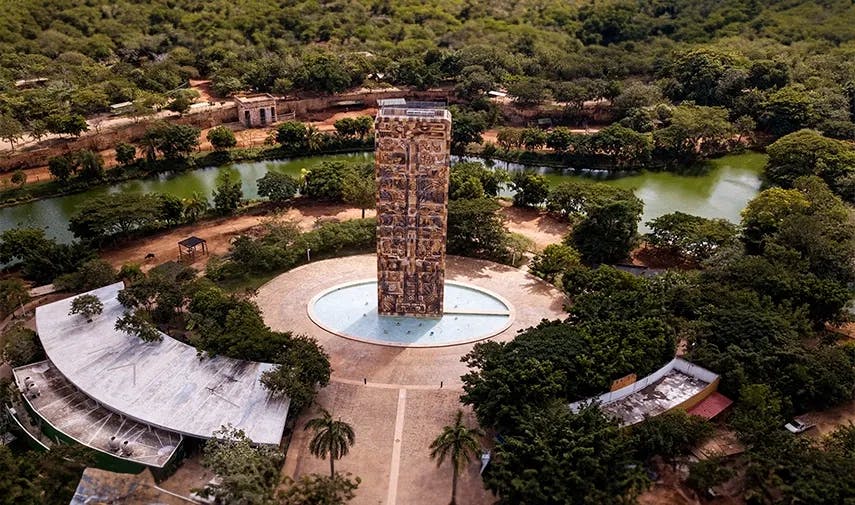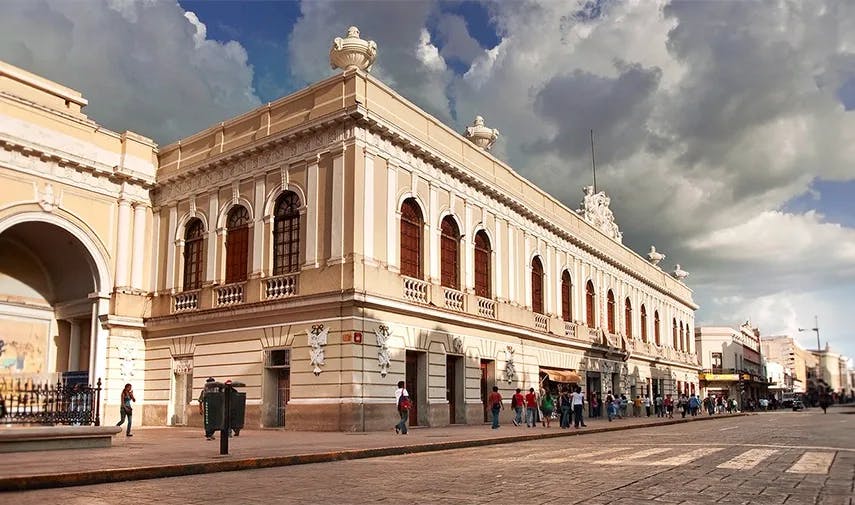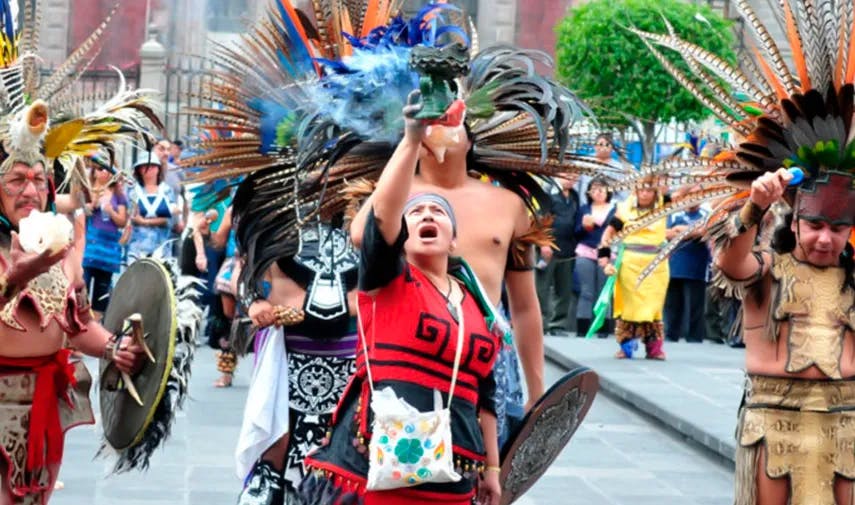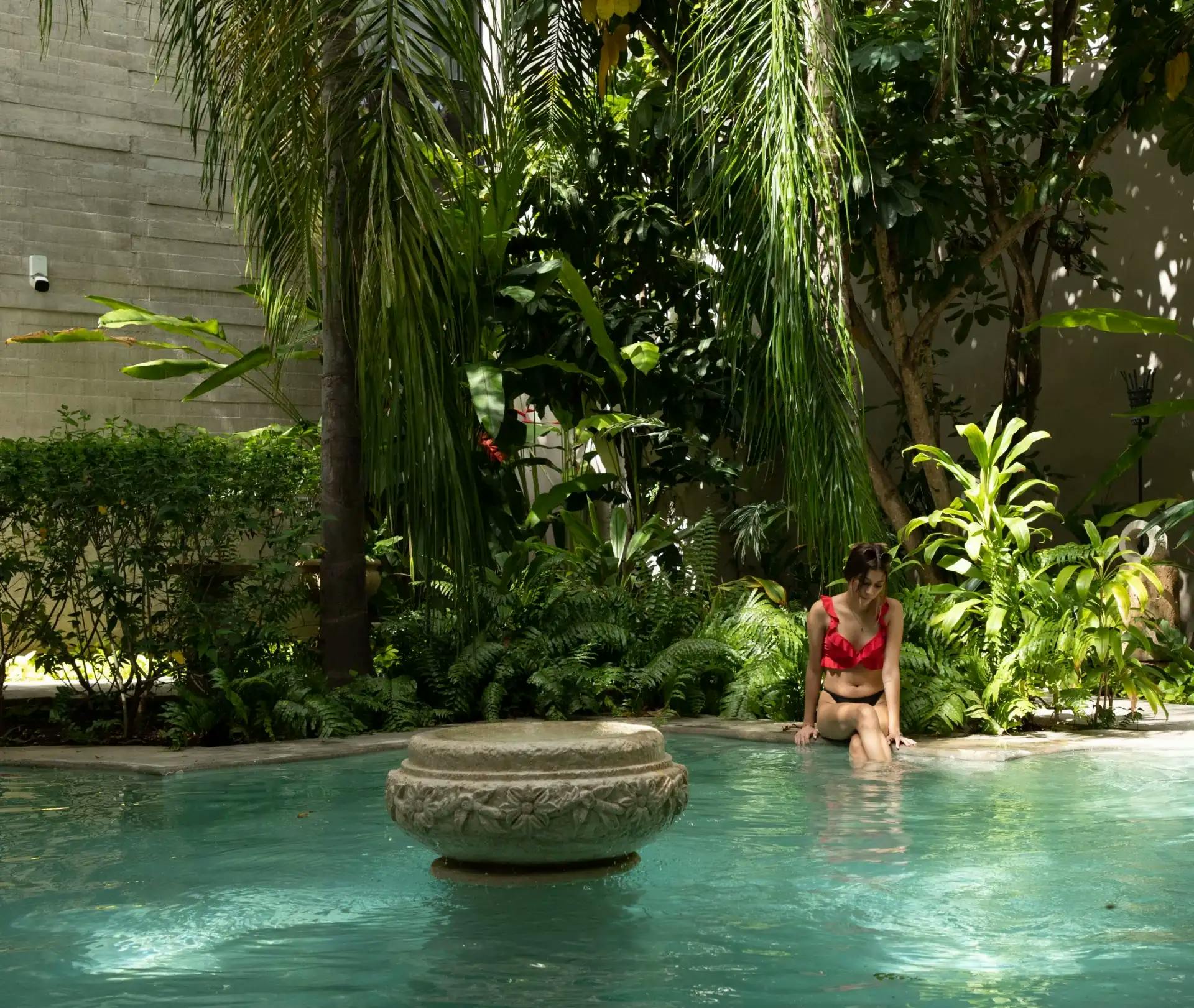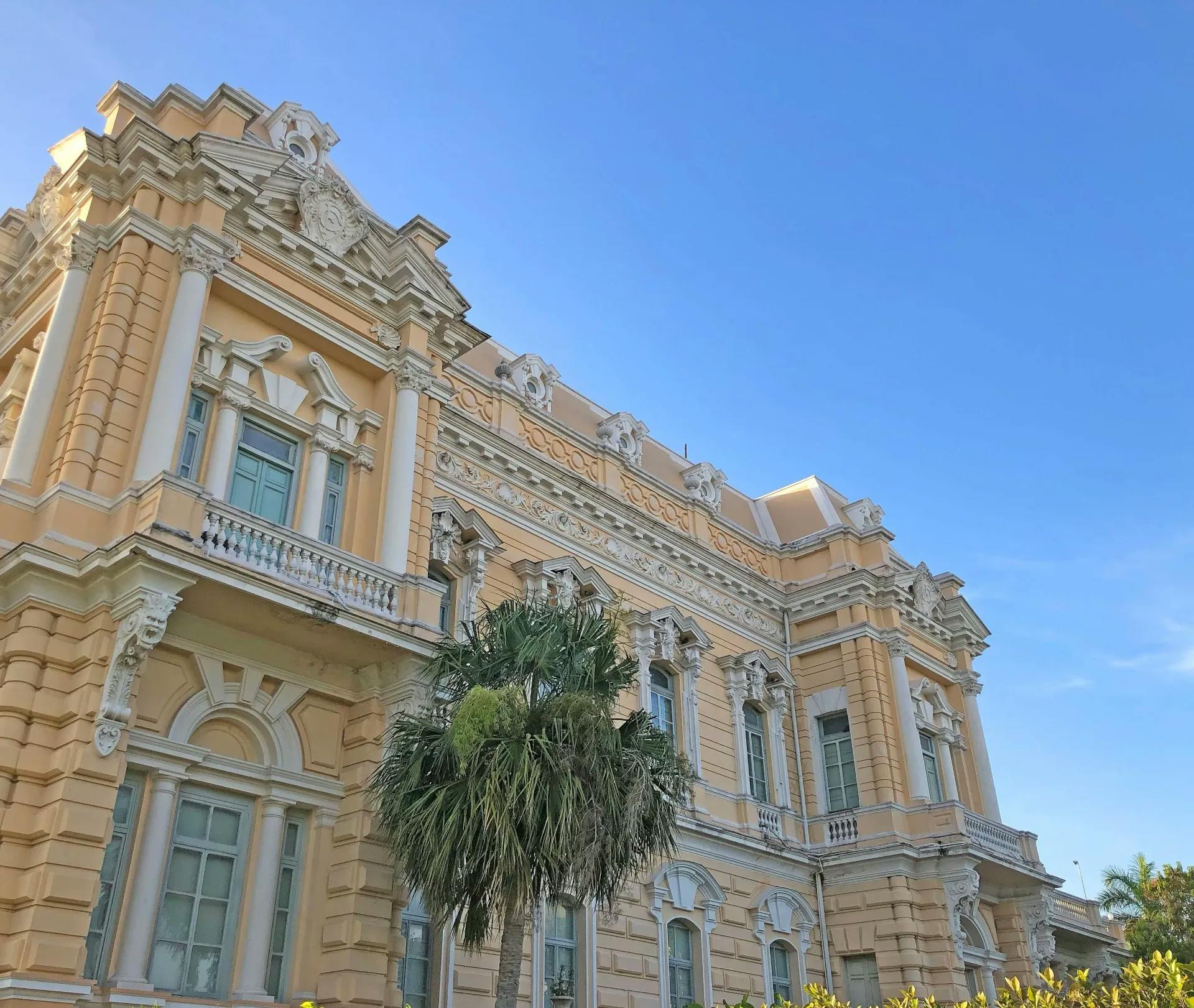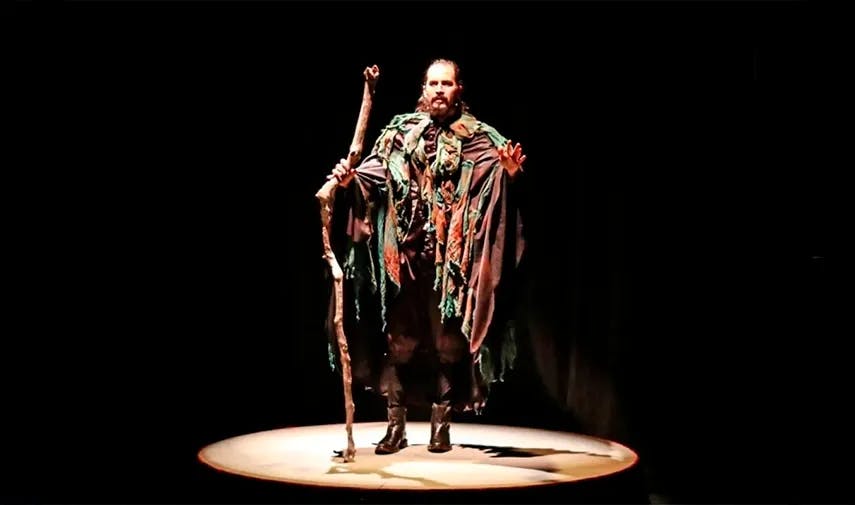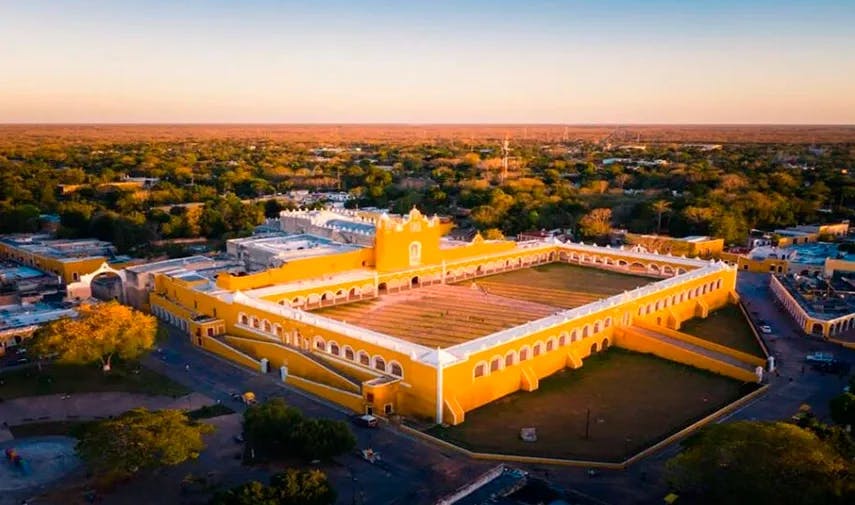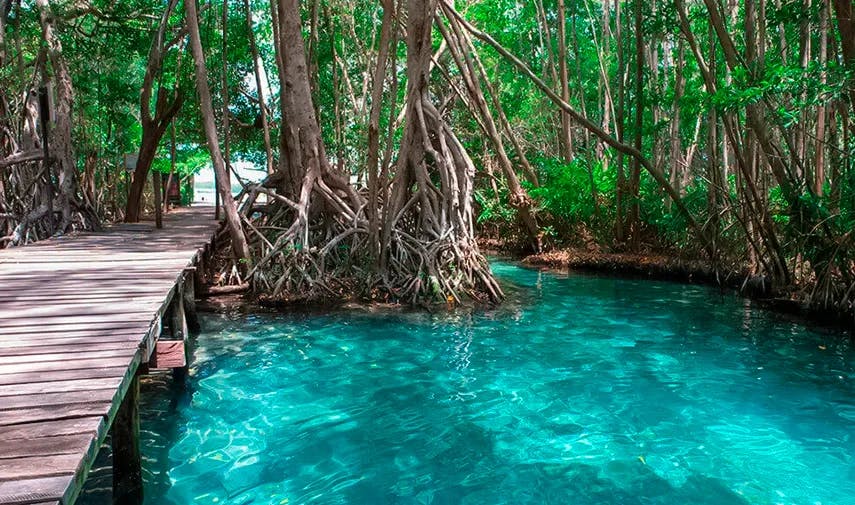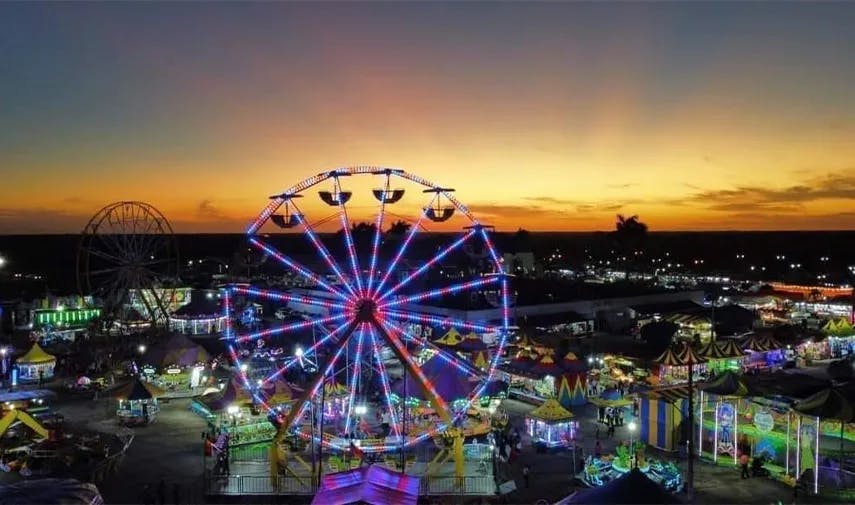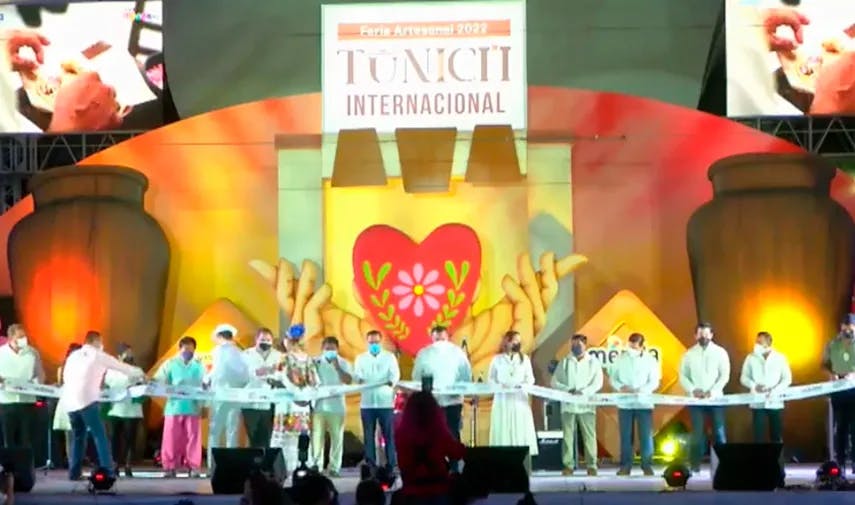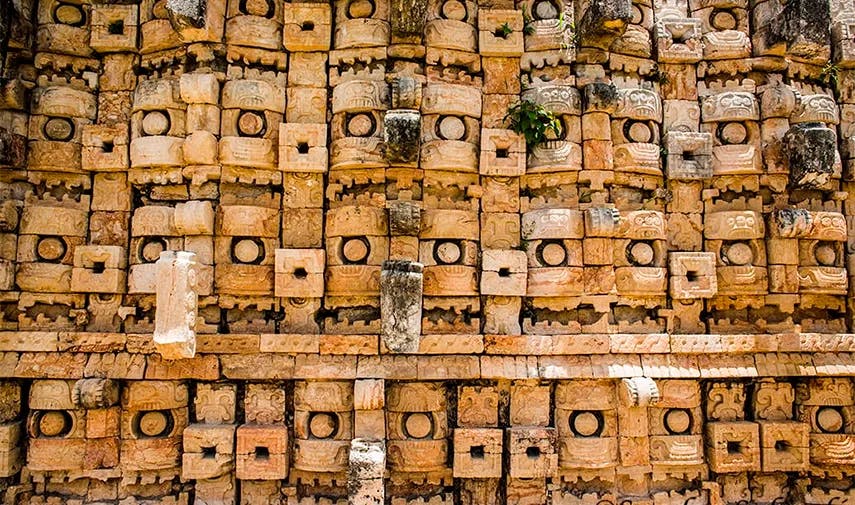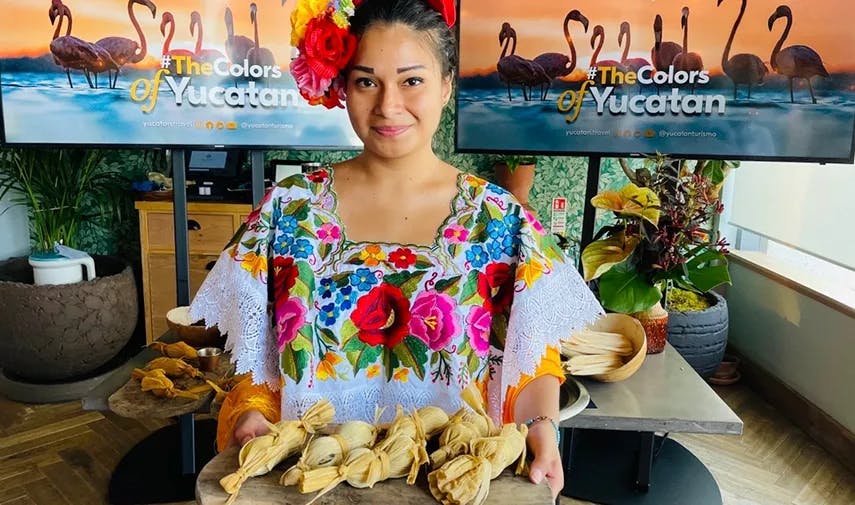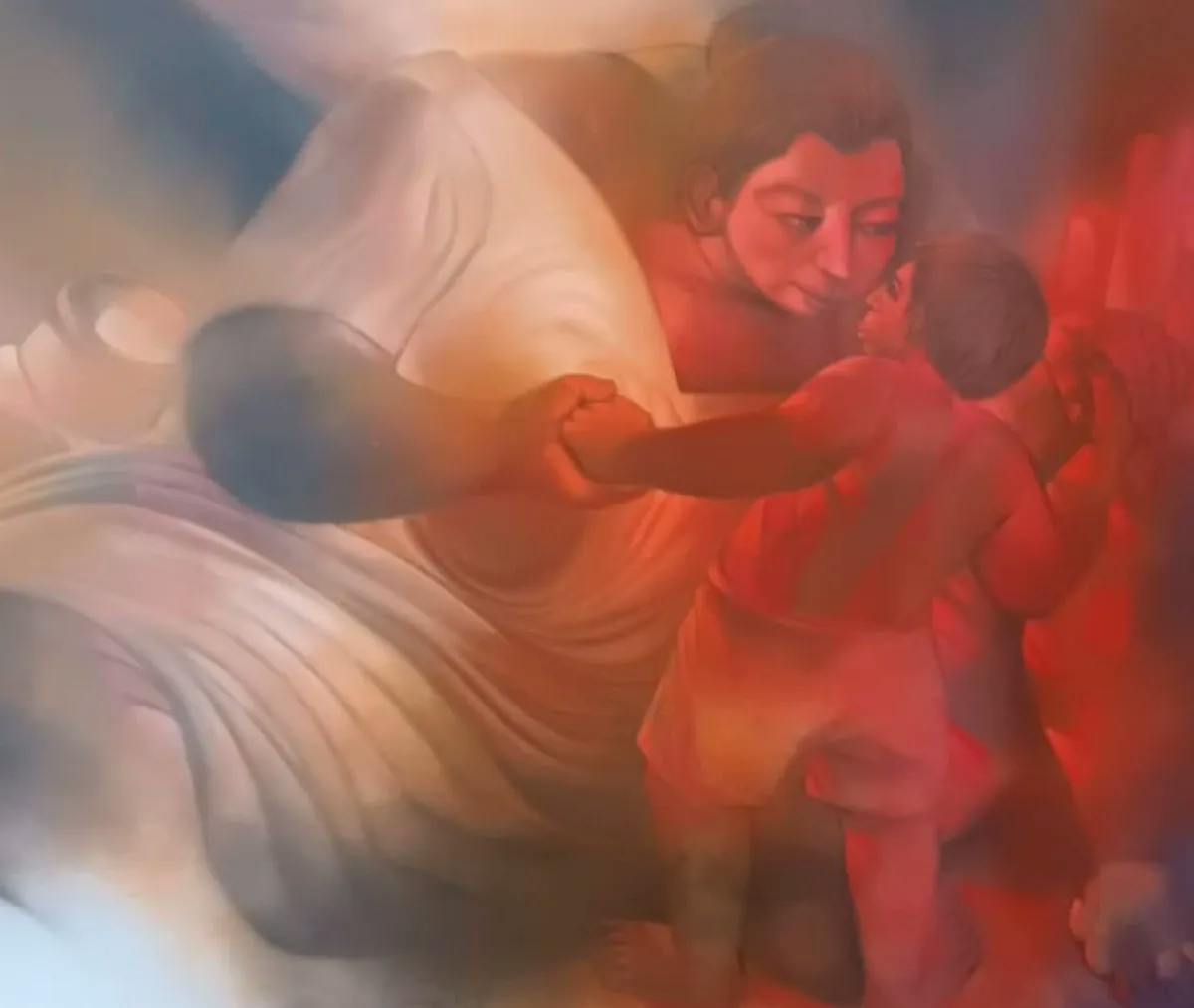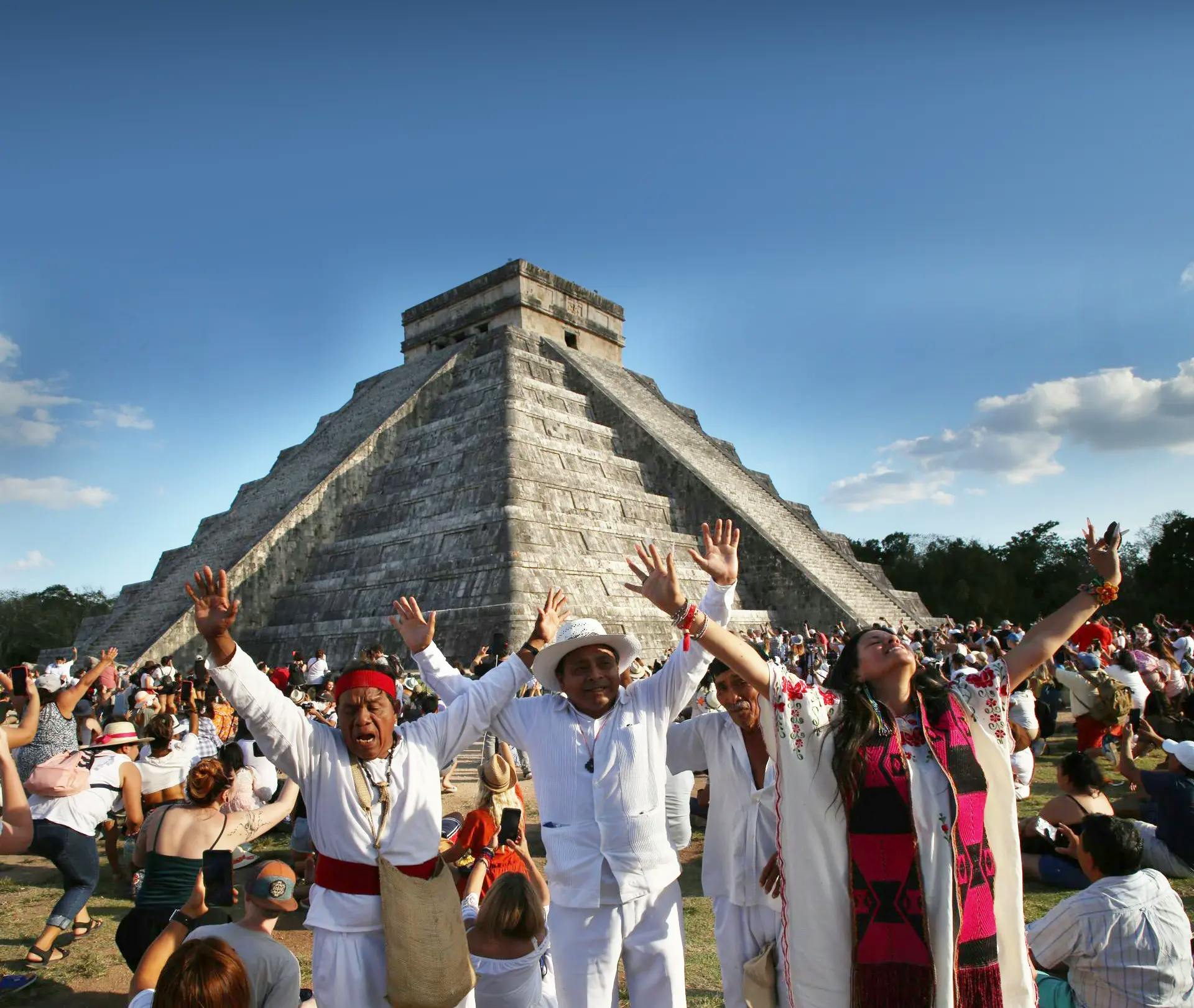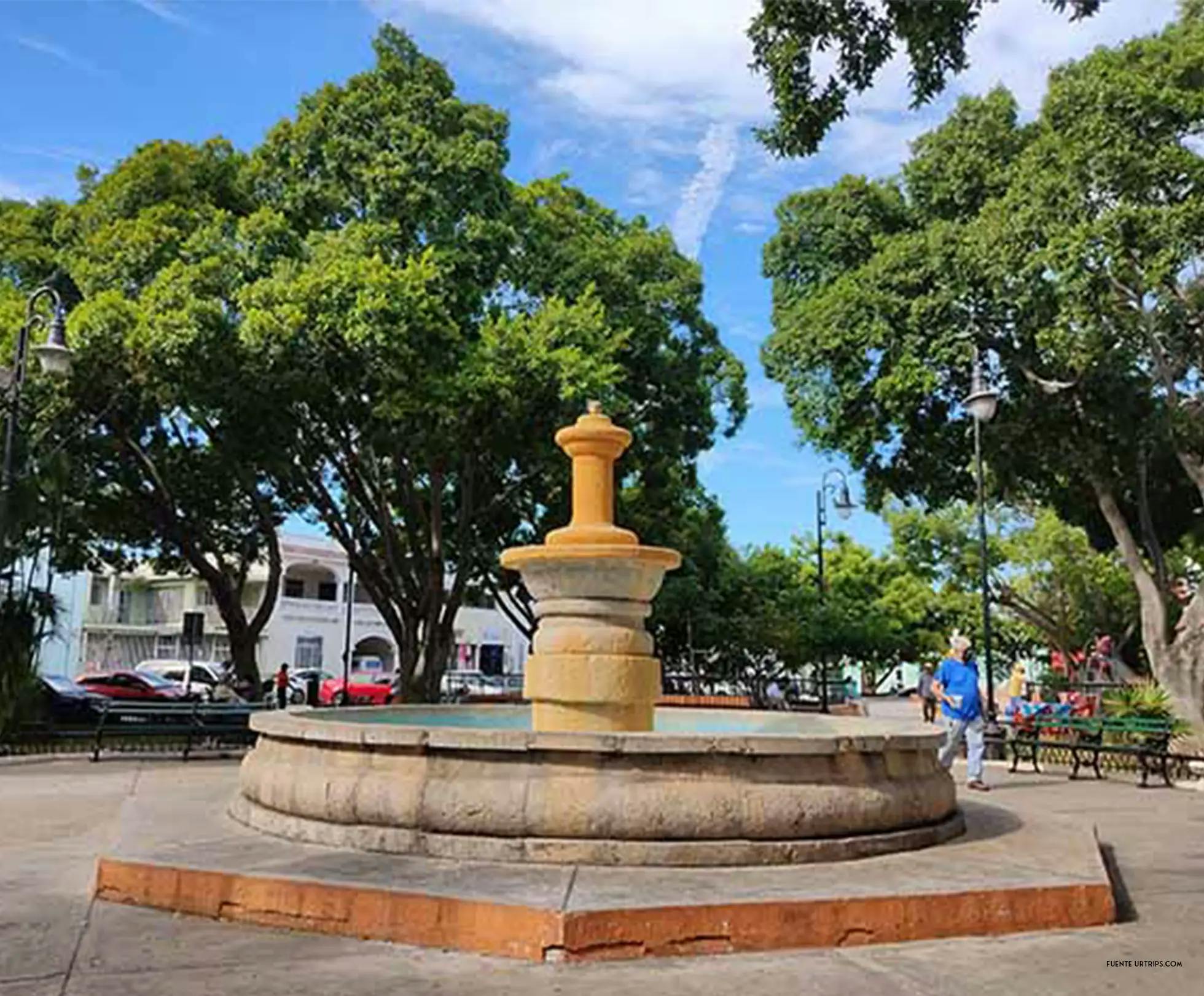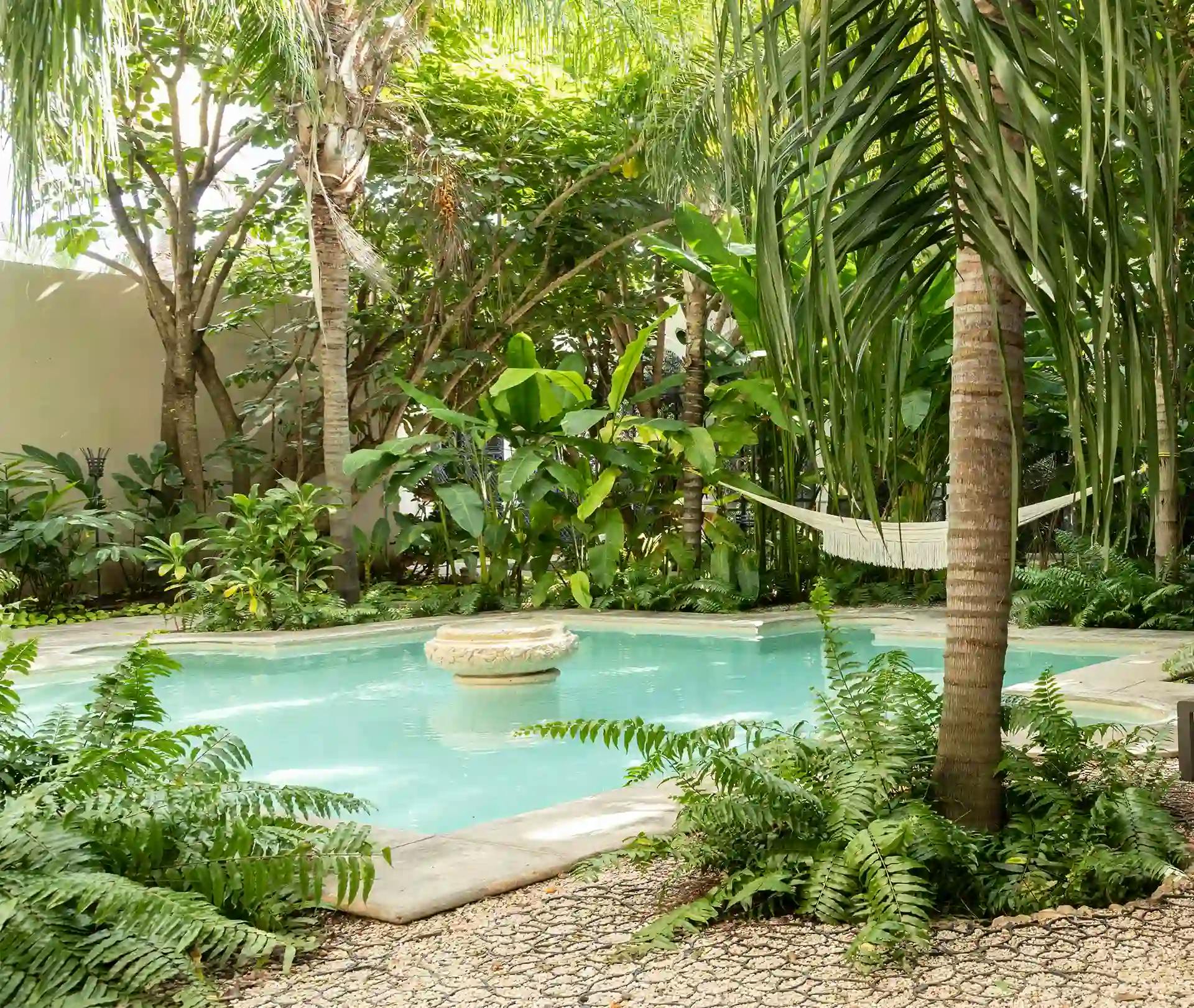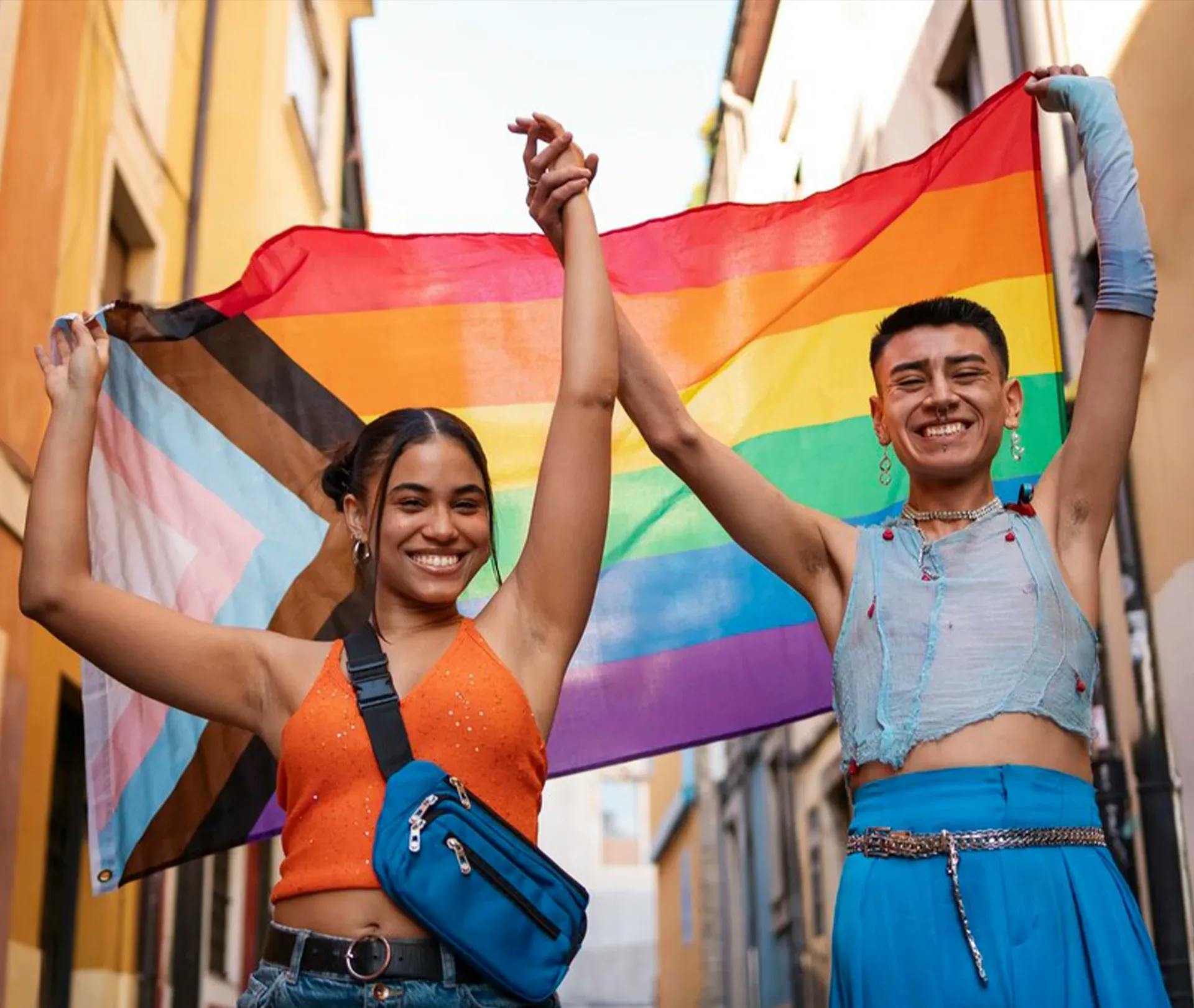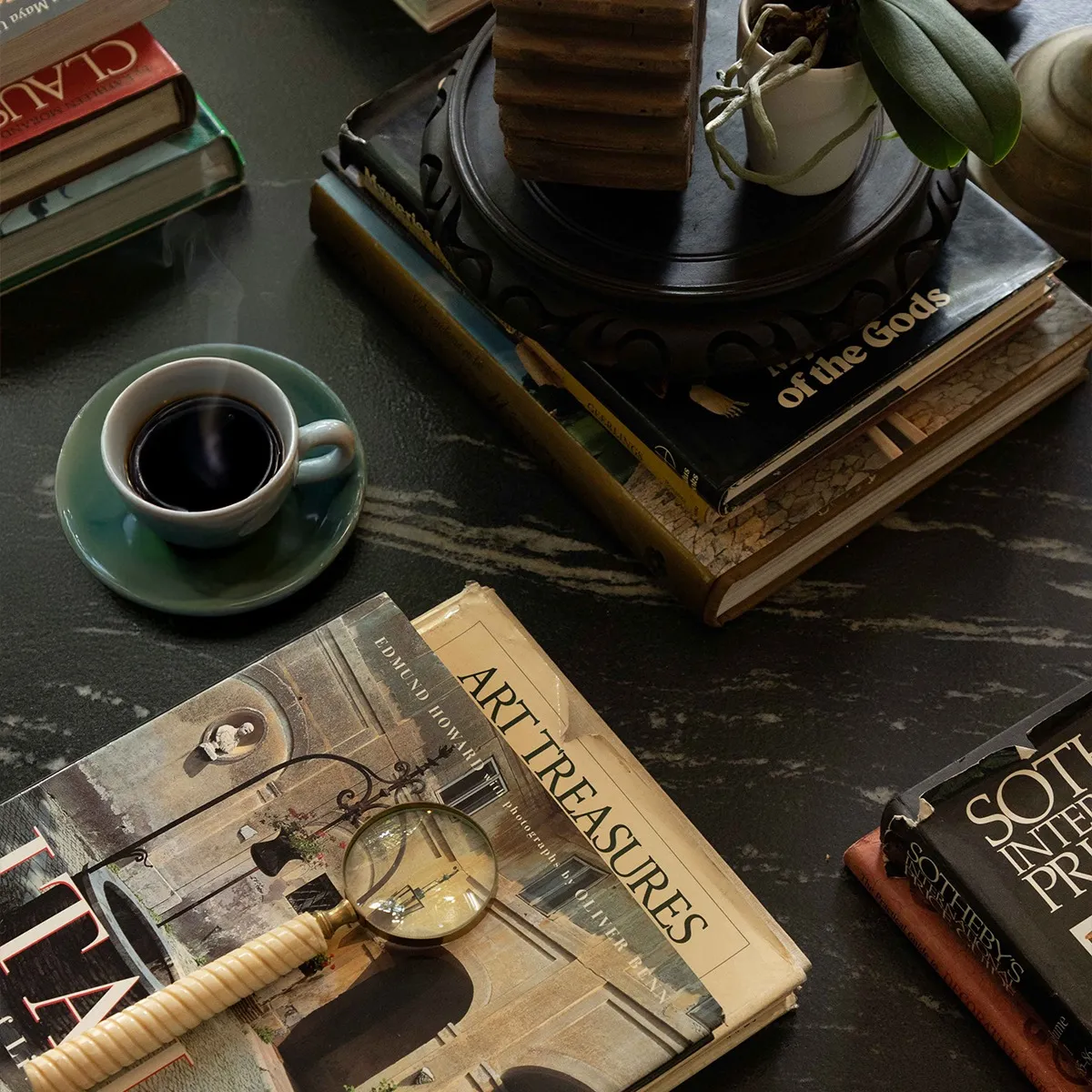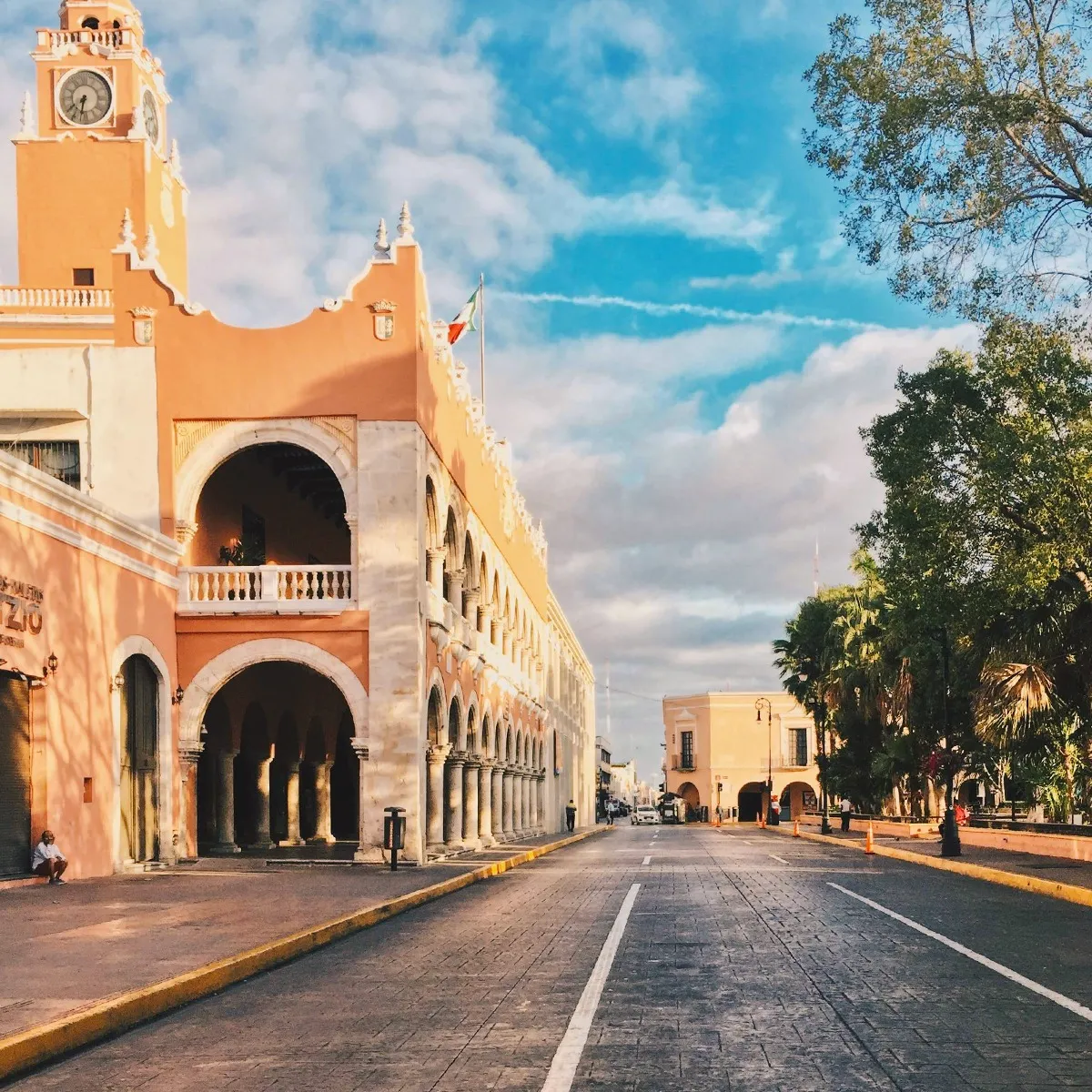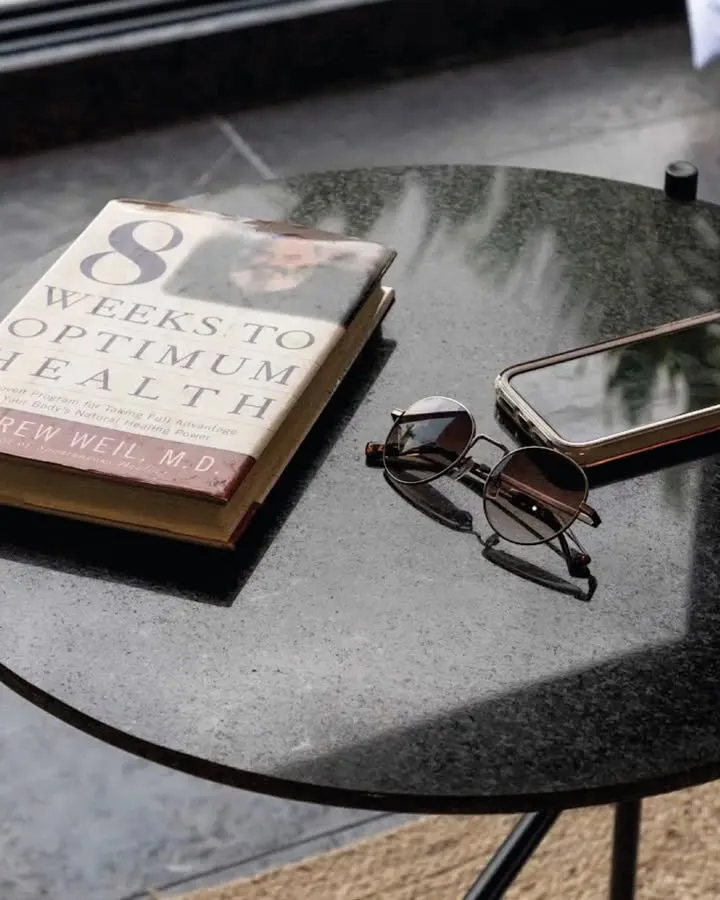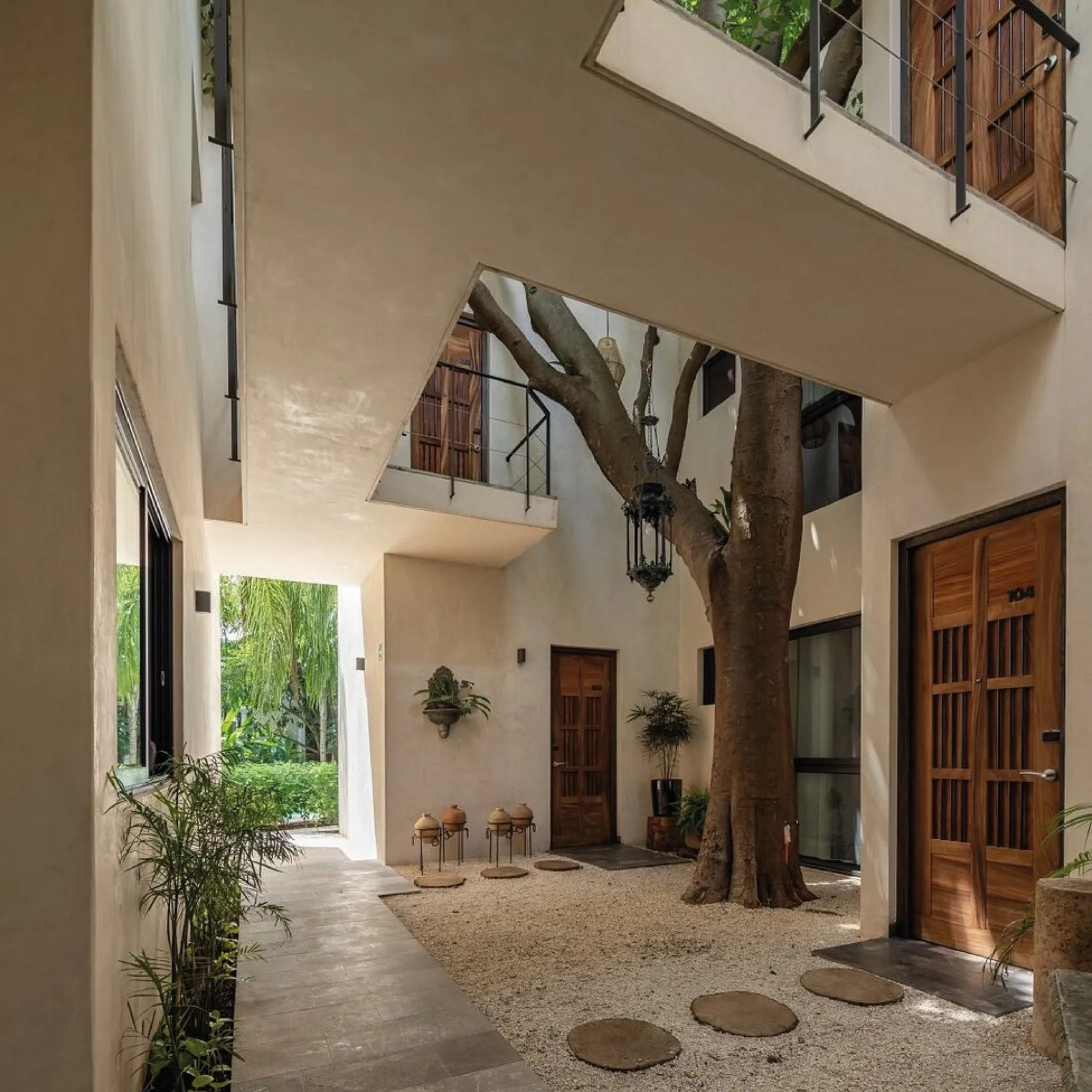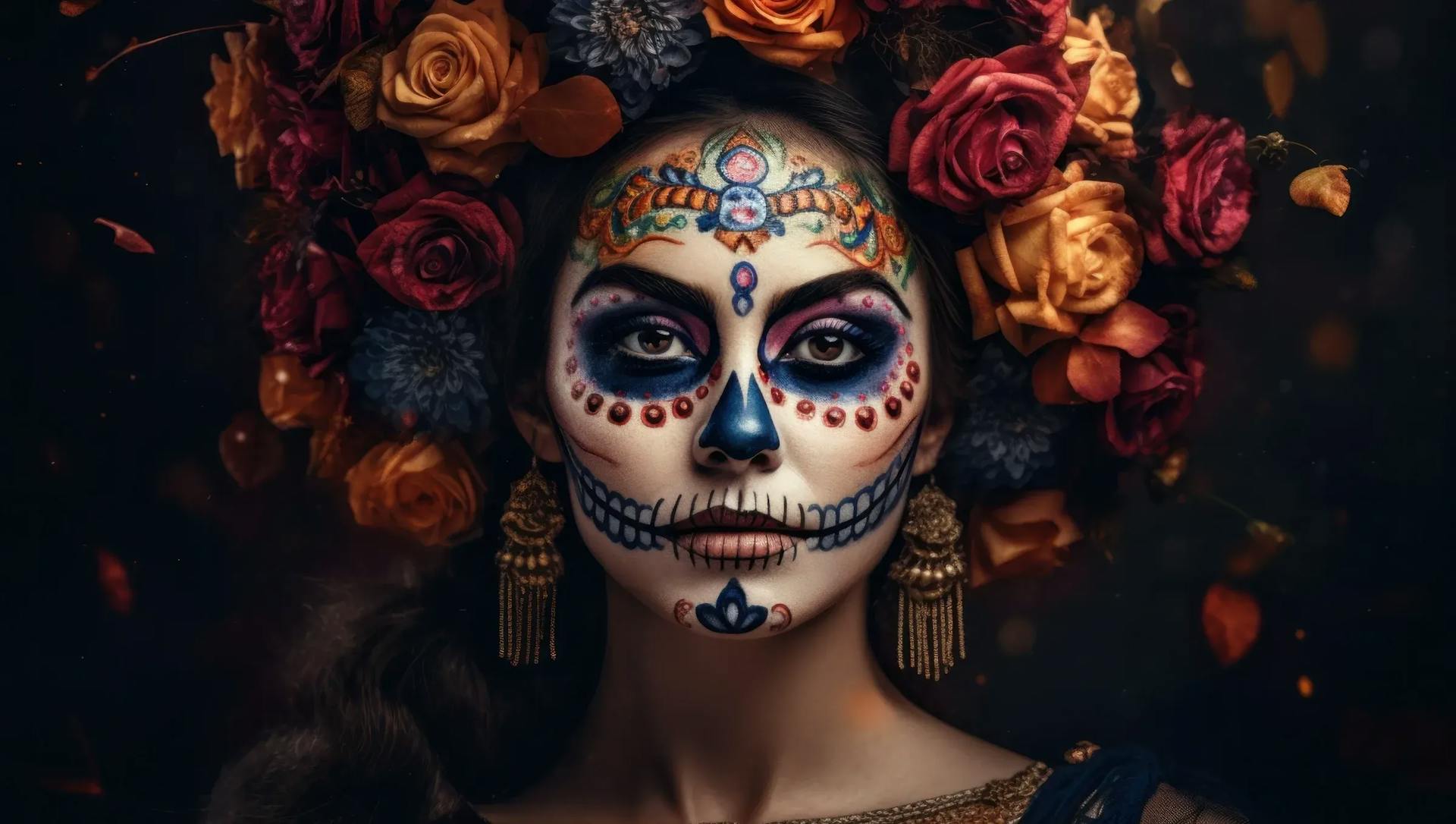
Discover How to Celebrate The Day of the Dead in Yucatan
Immerse Yourself in Tradition
2023-10-09 | activity
In the warm lands of Yucatán, Mexico, an ancient celebration comes to life each year, weaving a tapestry of colors, aromas, and traditions that transport us to the magical world of the Day of the Dead. With its deep roots in Mexico's pre-Hispanic history, this celebration is a tribute to life and death, when the souls of loved ones return for a fleeting encounter with the living. At Künük Hotel Boutique, we want to be your gateway to this exciting and moving Mexican festival.
The Origin and History of the Day of the Dead Traditions.
Day of the Dead, celebrated in Yucatán, is a unique blend of Mayan and Spanish traditions. The celebration is believed to have roots in the ancient Mayan festivities dedicated to the goddess of the dead, known as "Ixtab," and to ancestor worship. With the arrival of Spanish conquistadors in the 16th century, these customs merged with the Catholic holidays of All Saints' Day and All Souls' Day, giving rise to the Day of the Dead as we know it today.
The Charm of Traditional Day of the Dead Food.
One of the highlights of this festival is undoubtedly the food. In Yucatán, the Day of the Dead is celebrated with an abundance of traditional dishes that grace the tables of Yucatecan families. The "Mucbipollo," a giant tamale filled with chicken, is a must-try delicacy. You'll also find typical sweets like "Dulce de Papaya" and "Pan de Muerto," a soft bread decorated with sugar bones and skulls.
Day of the Dead Altar: Another of the Customs and Traditions.
Day of the Dead altars are a central element of the celebration. Each family prepares an altar in their home to honor their deceased loved ones. These altars are usually adorned with photographs of the departed, candles, marigold flowers, sugar skulls, and objects that once belonged to them. The scent of candles and incense fills the air, creating a spiritual and welcoming atmosphere.
Structure and Meaning of the Traditional Day of the Dead Altar:
Day of the Dead altars consist of several layers or levels that represent the world of the dead.
The lower level, the earth: The altar's base is usually covered with a white sheet, symbolizing the earth itself. This layer represents the earthly world where the living resides. On this surface, objects that belonged to the deceased are placed as offerings to attract their spirits back.
The middle level, purgatory: The middle level of the altar represents purgatory, the intermediate place between the world of the living and the world of the dead. Here, the favorite foods and beverages of the departed are placed, as well as the "pan de muerto," which symbolizes the host and the body of Christ.
The upper level, heaven: The top of the altar represents heaven, where the souls of the departed rest in peace. A cross, often made of salt or ash, symbolizing the connection between the two worlds, the earthly and the spiritual, is placed here. This section's candles and incense burning create a spiritual atmosphere that guides the souls back to heaven.
Festival of the Souls in Hanal Pixan: Another Example of How the Day of the Dead is Celebrated in Yucatán.
There are two notable events in Yucatán that you shouldn't miss as part of this grand celebration: "Hanal Pixan" and the "Festival of the Souls," which add additional layers of meaning and emotion to this ancient festival.
"Hanal Pixan" is the Mayan version of the Day of the Dead and is celebrated with great devotion in Yucatán. The term "Hanal Pixan" translates to "food of the souls" and reflects the Maya belief that, during this time, the souls of the departed return to enjoy the food offered them on the altars. In this celebration, families prepare elaborate feasts with traditional dishes and gather in cemeteries to share these delights with their deceased loved ones. It is a touching and authentic experience that will immerse you in Maya culture.
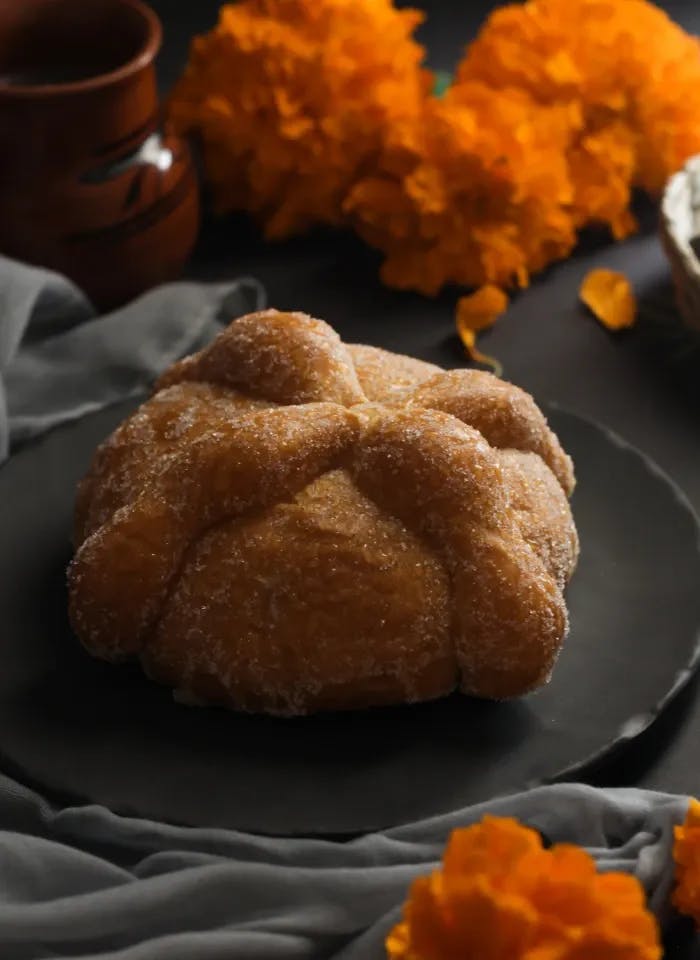
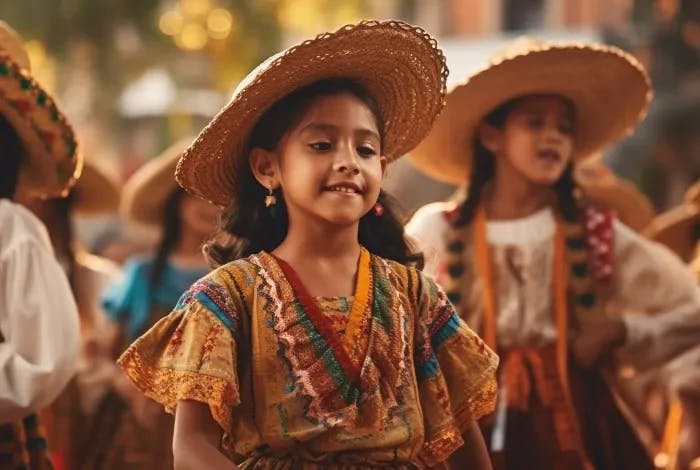
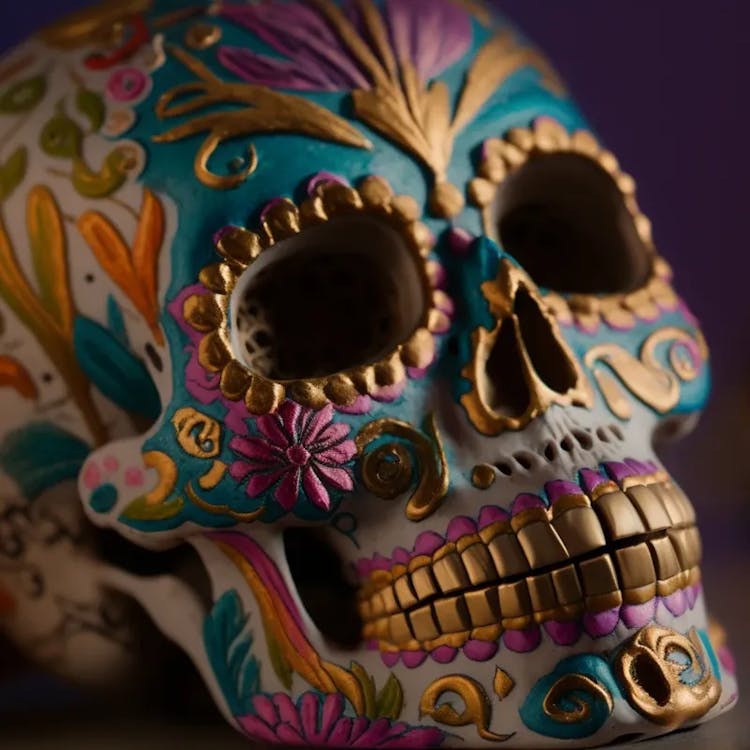
The "Festival of the Souls" is another event that combines Mayan and Spanish elements in a unique celebration. During the festival, the streets come alive with colorful parades of catrinas and catrines, musicians, traditional dances, and theatrical performances commemorating life and death. Additionally, you can enjoy exquisite food and typical sweets and explore local markets where crafts related to the festival are sold.
These activities offer a deeper and more authentic perspective, providing an opportunity to interact with the local community, learn about their traditions, and feel the connection between the living and the dead in a unique way. Don't miss them in 2023 from October 24th to November 2nd.
We Await You at Künük Boutique Hotel. Let's Celebrate the Day of the Dead Together!
At Künük Boutique Hotel, we invite you to immerse yourself in this beautiful tradition, savor its cuisine, marvel at the altars, and participate in the exciting activities Yucatán offers on this date. Reserve your stay with us and discover the heart and soul of Mexico in this memorable celebration. Welcome to the Day of the Dead in Yucatán!
